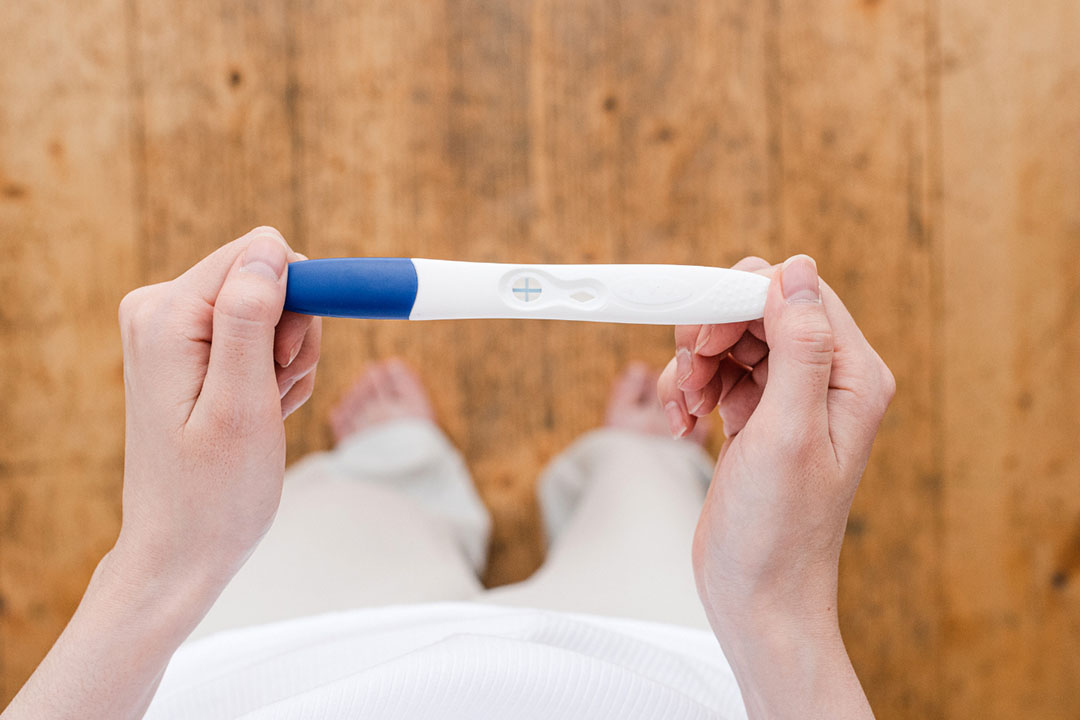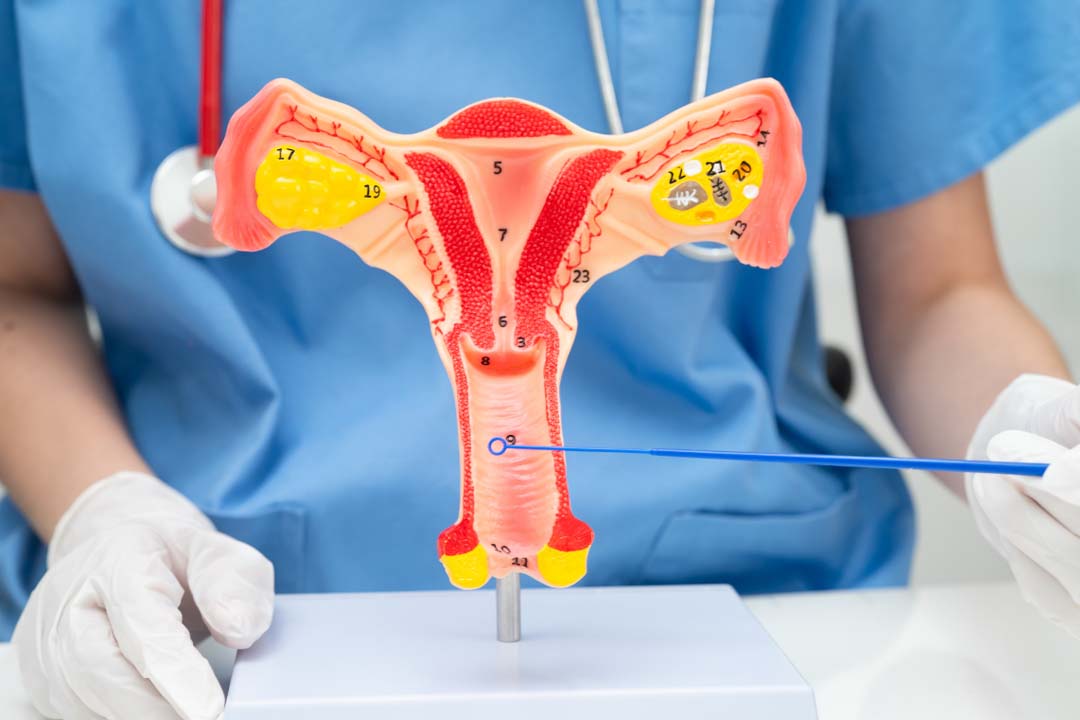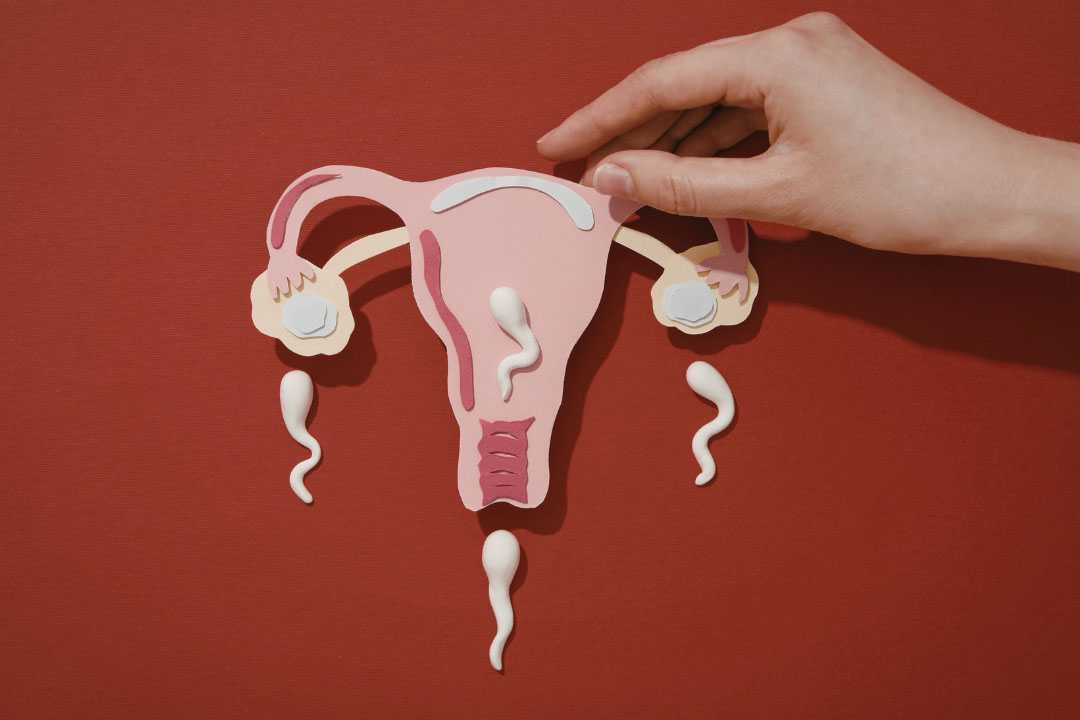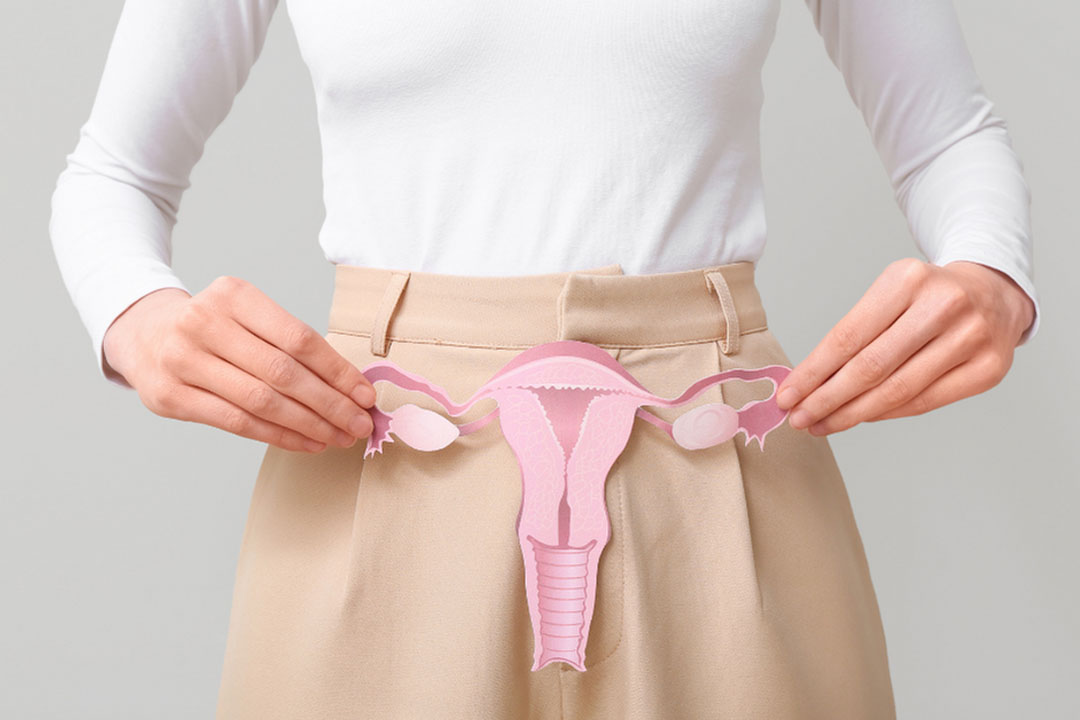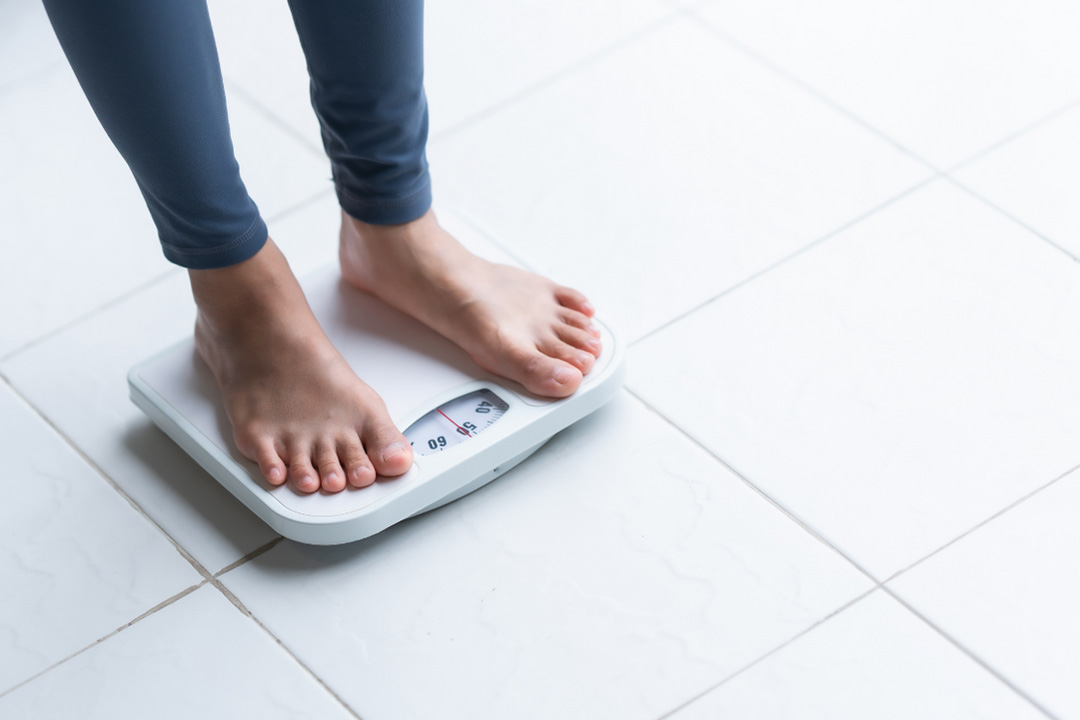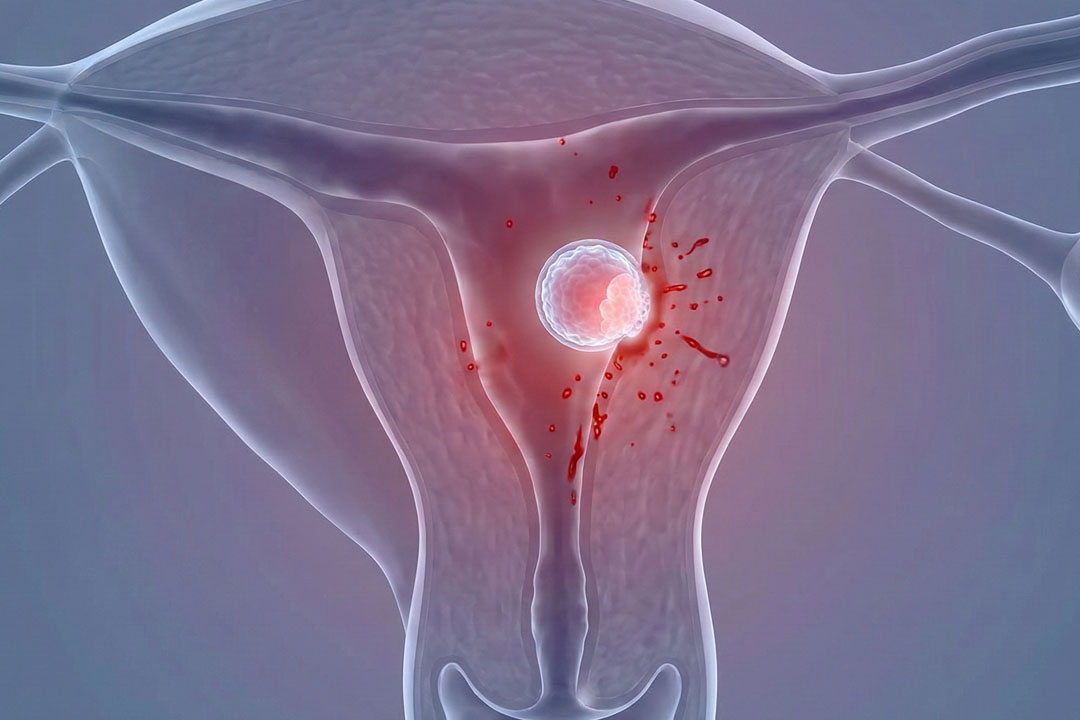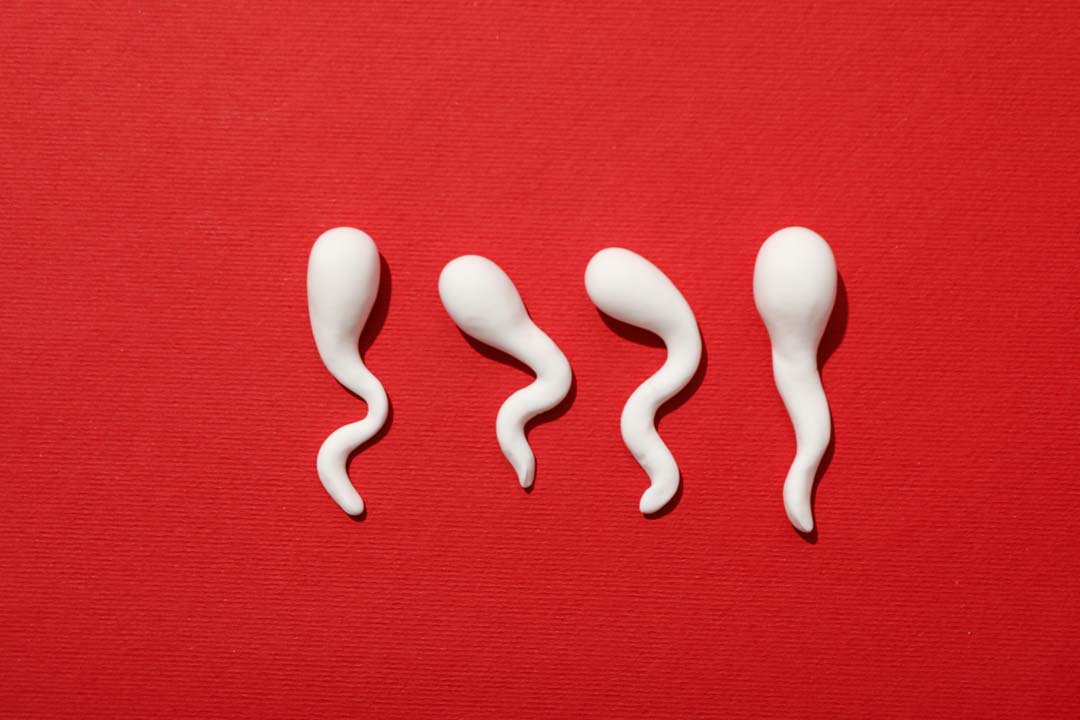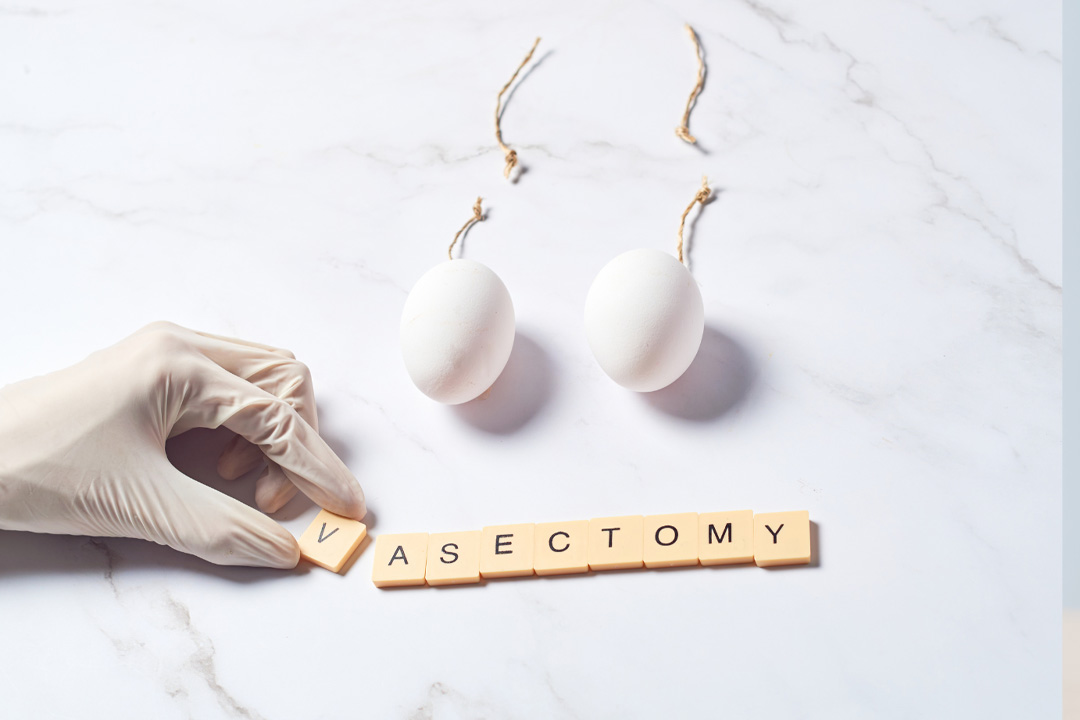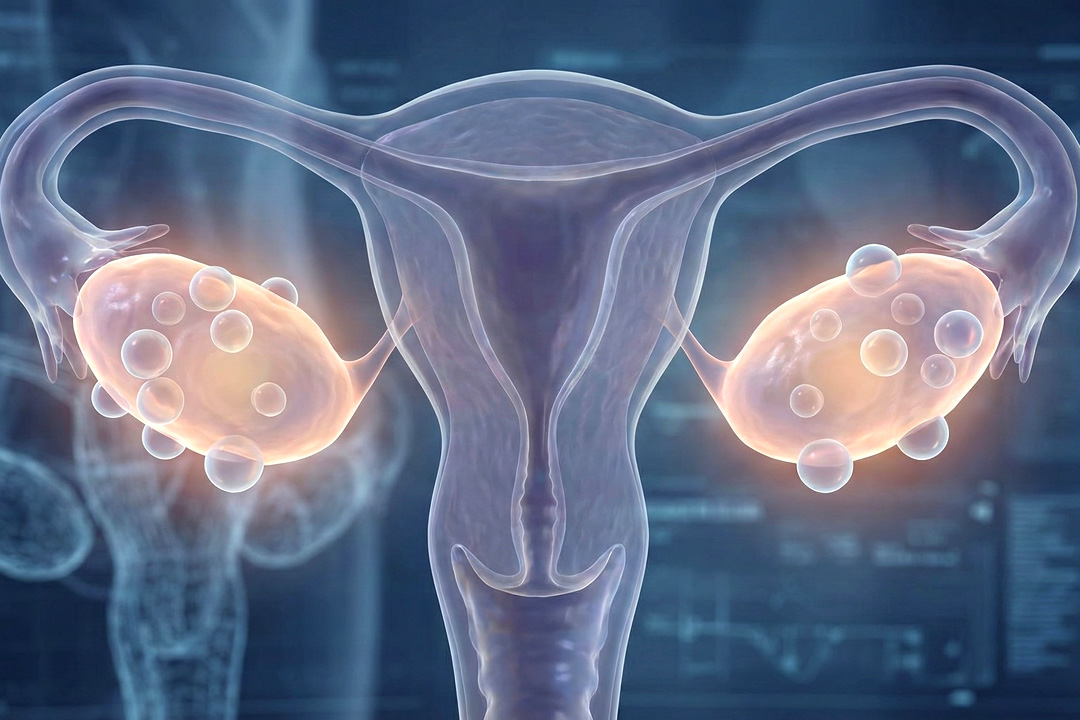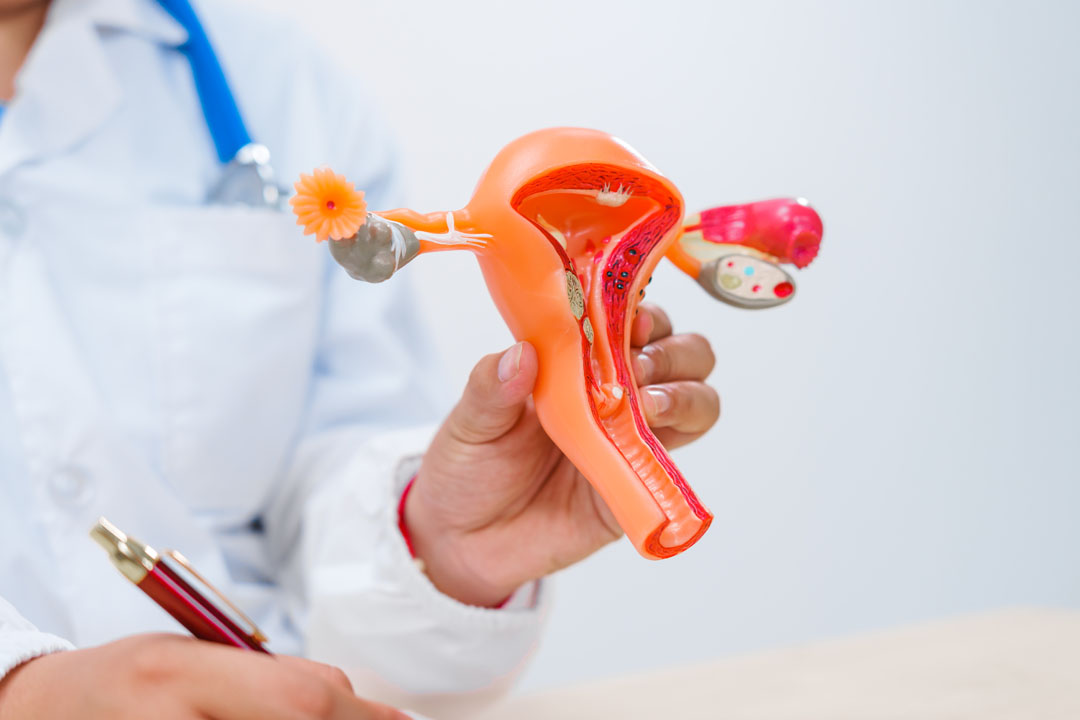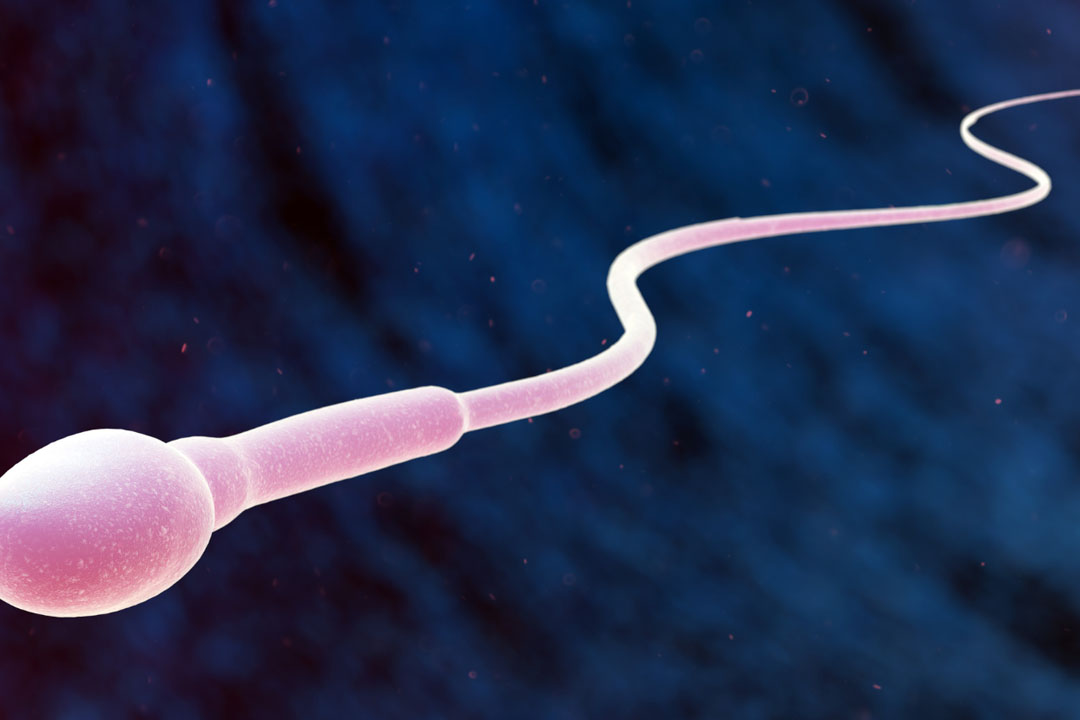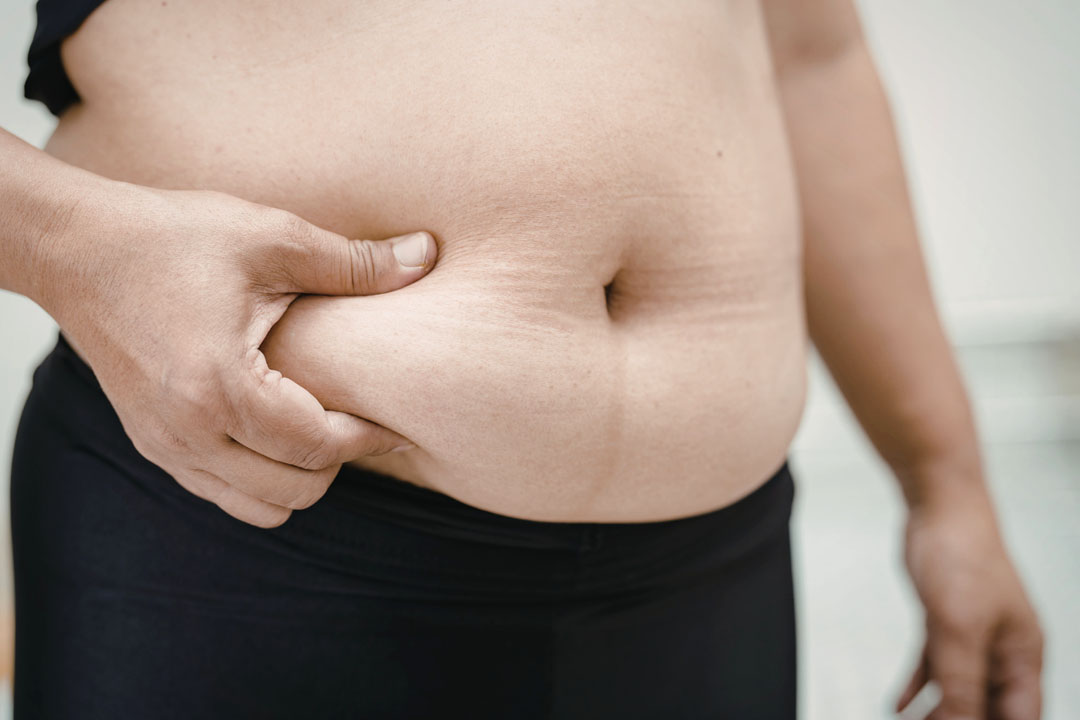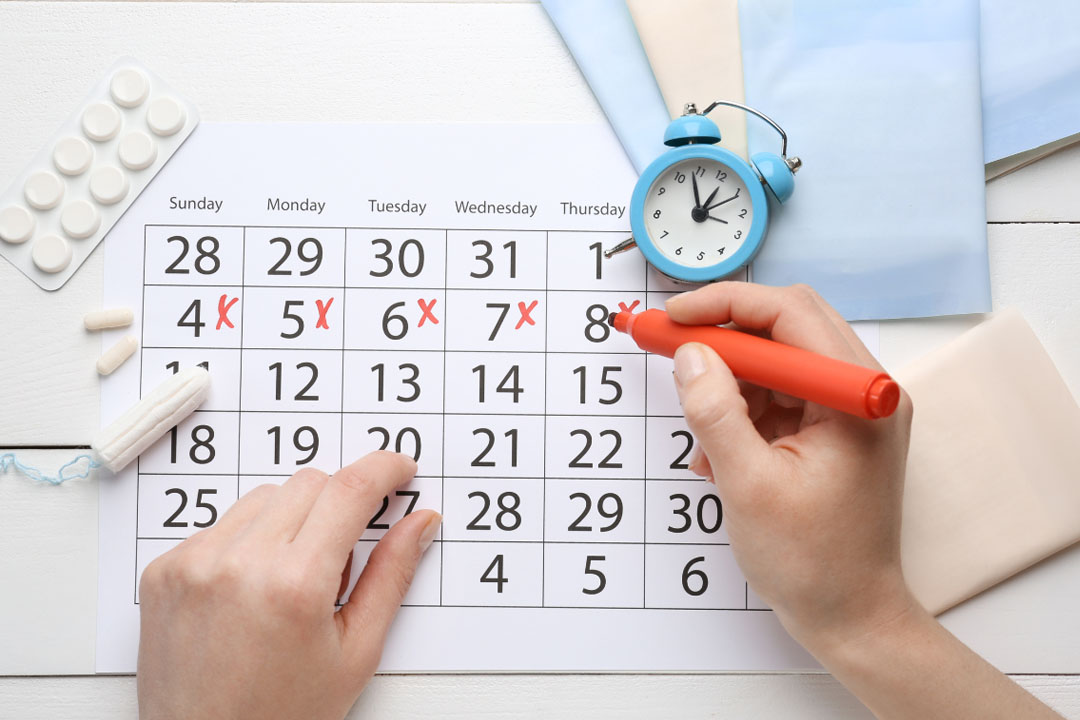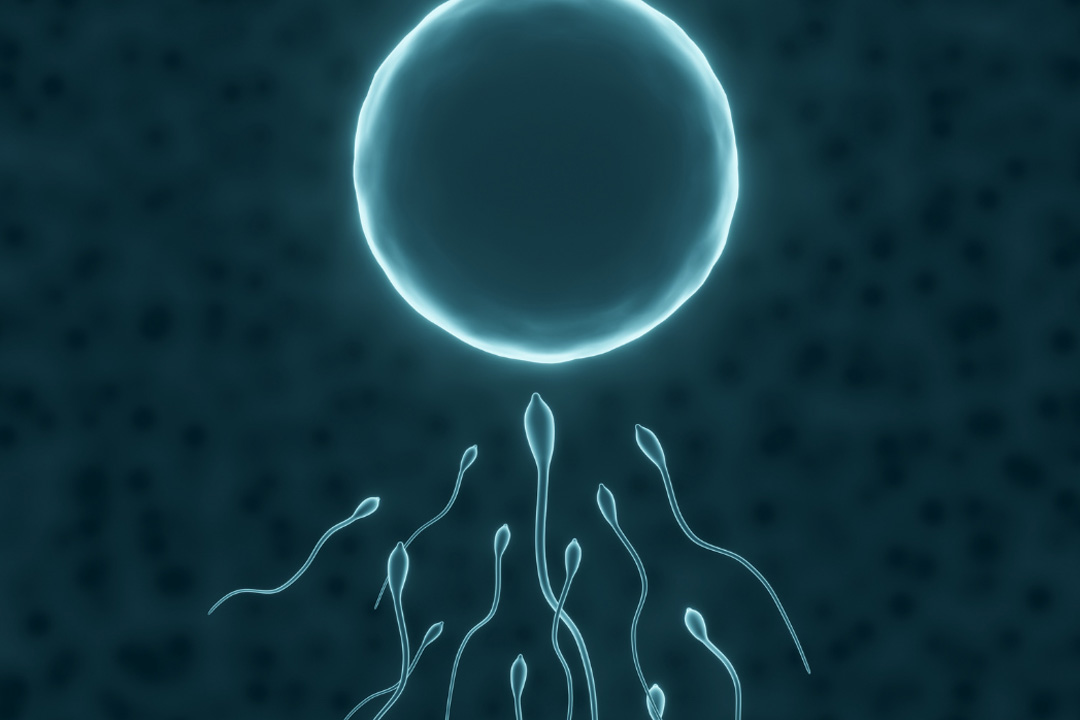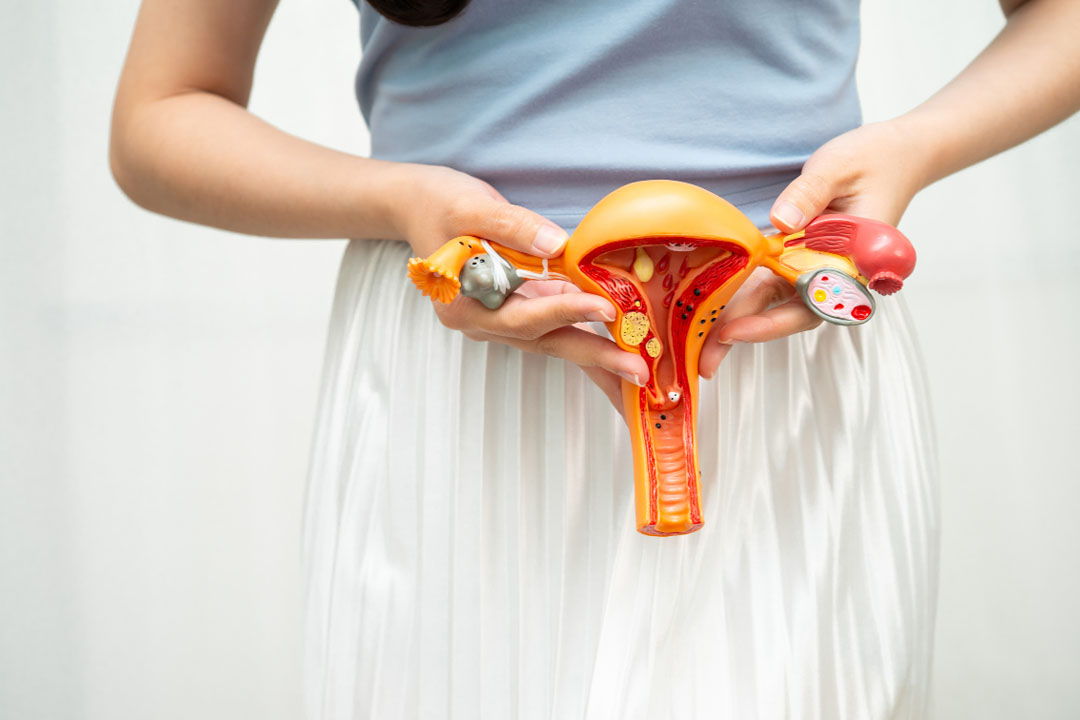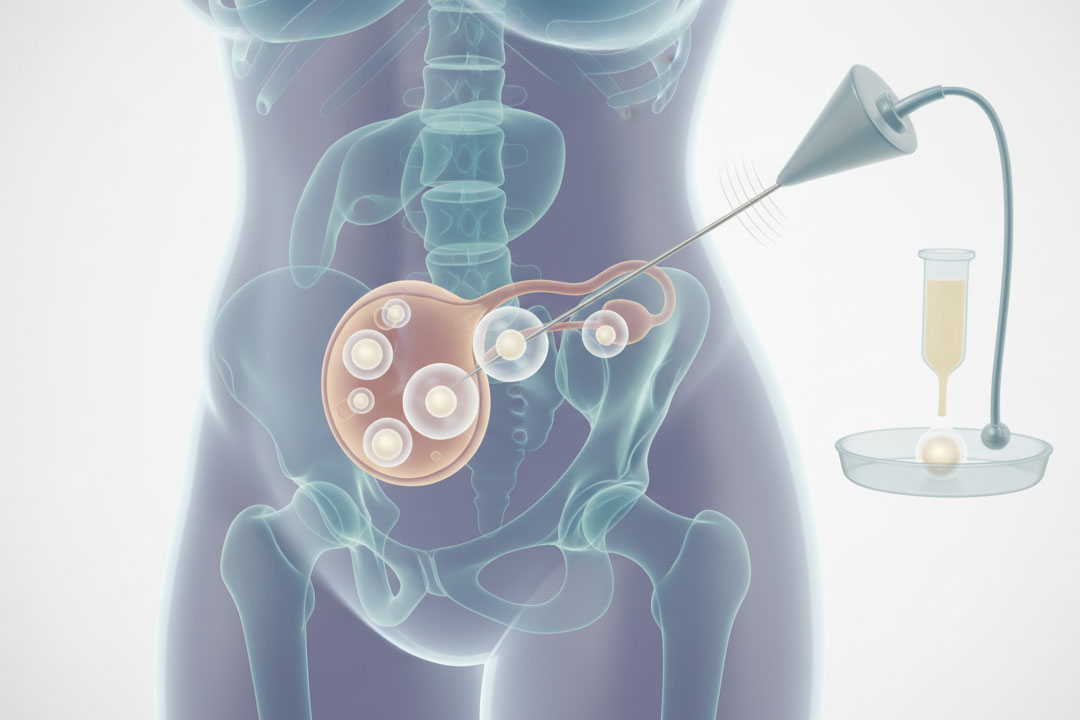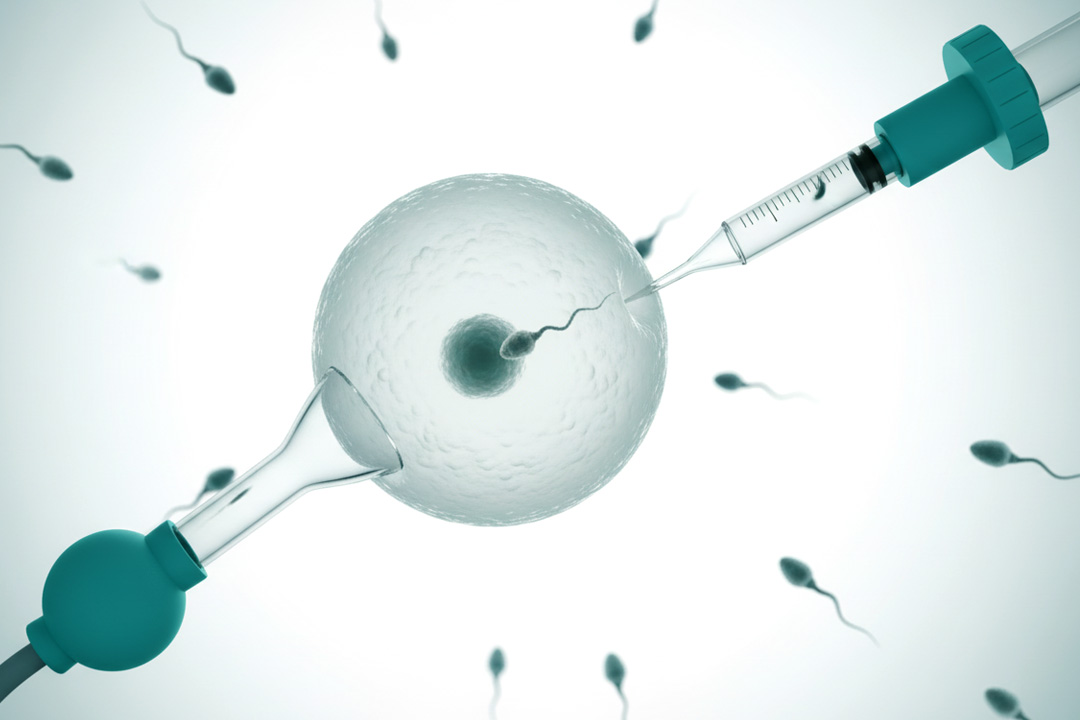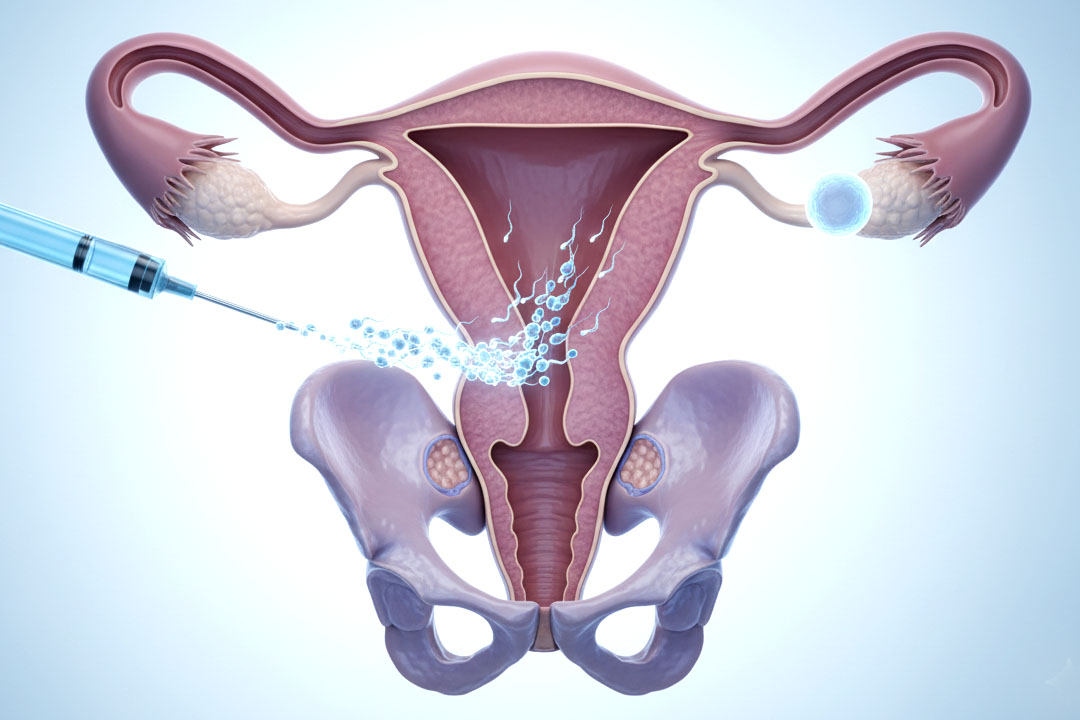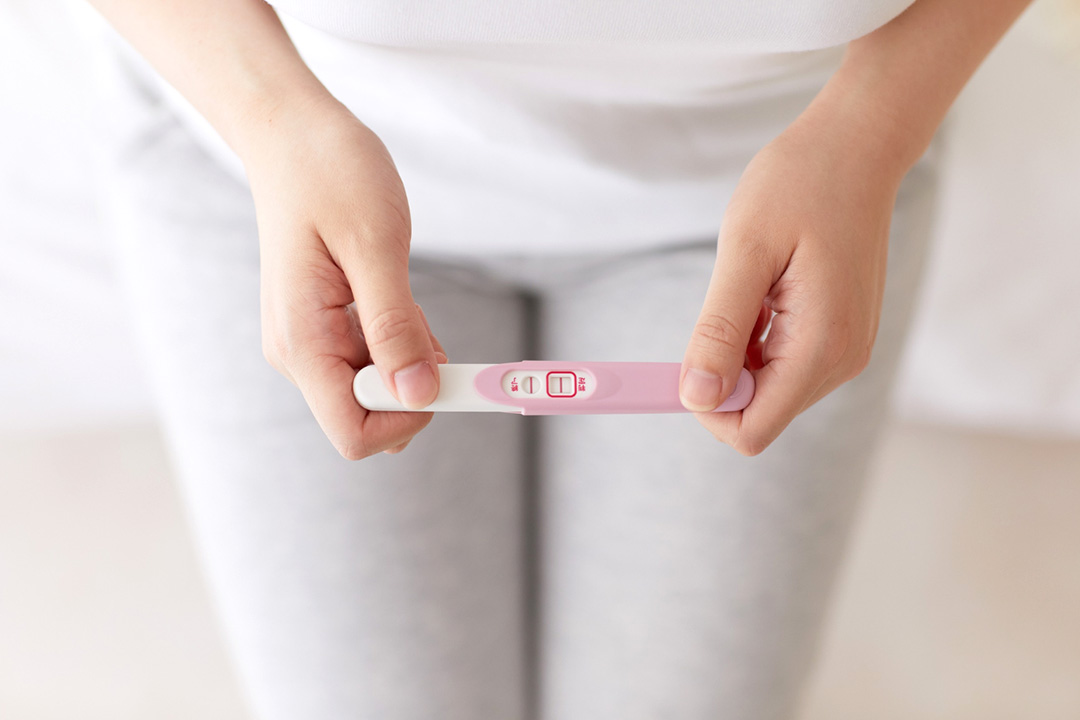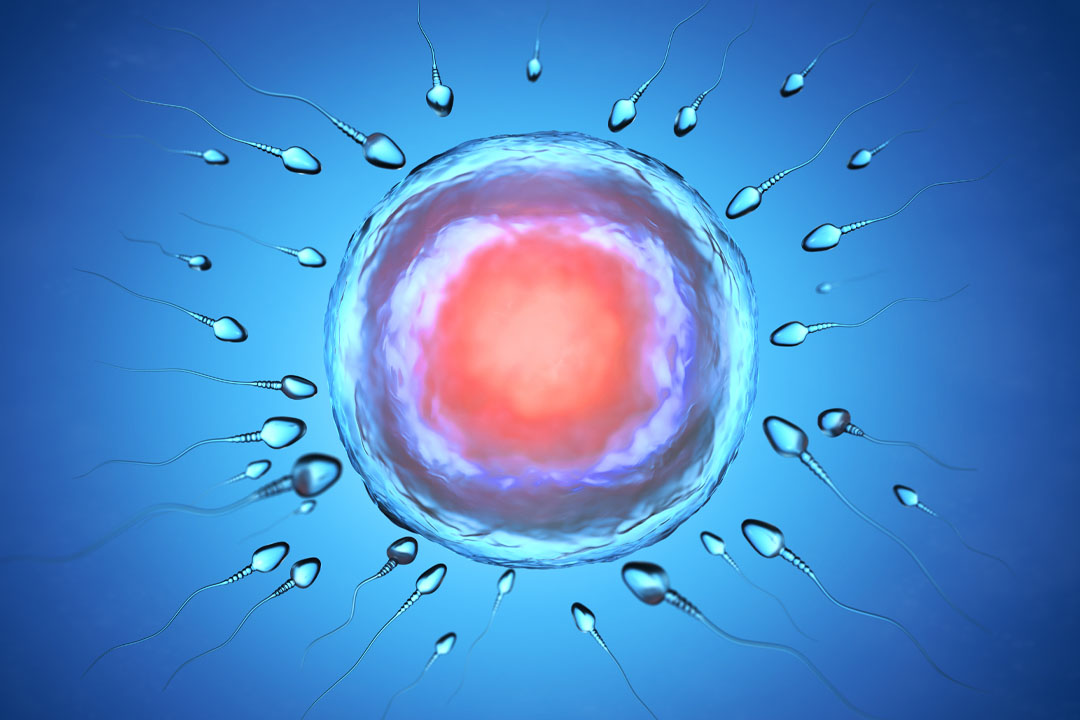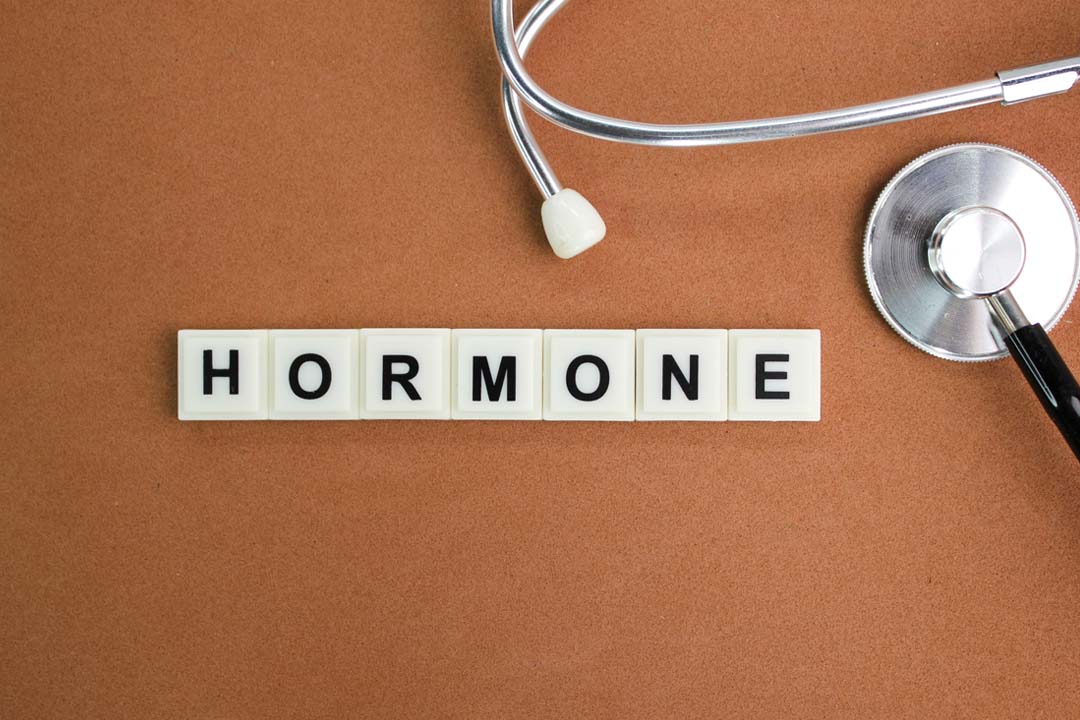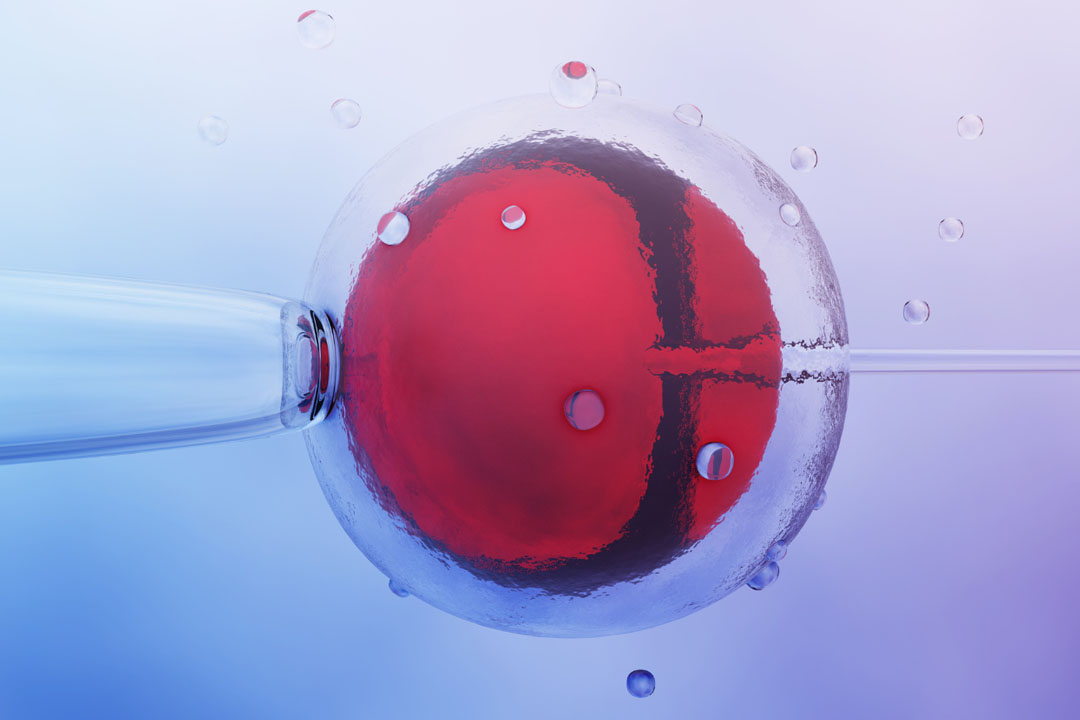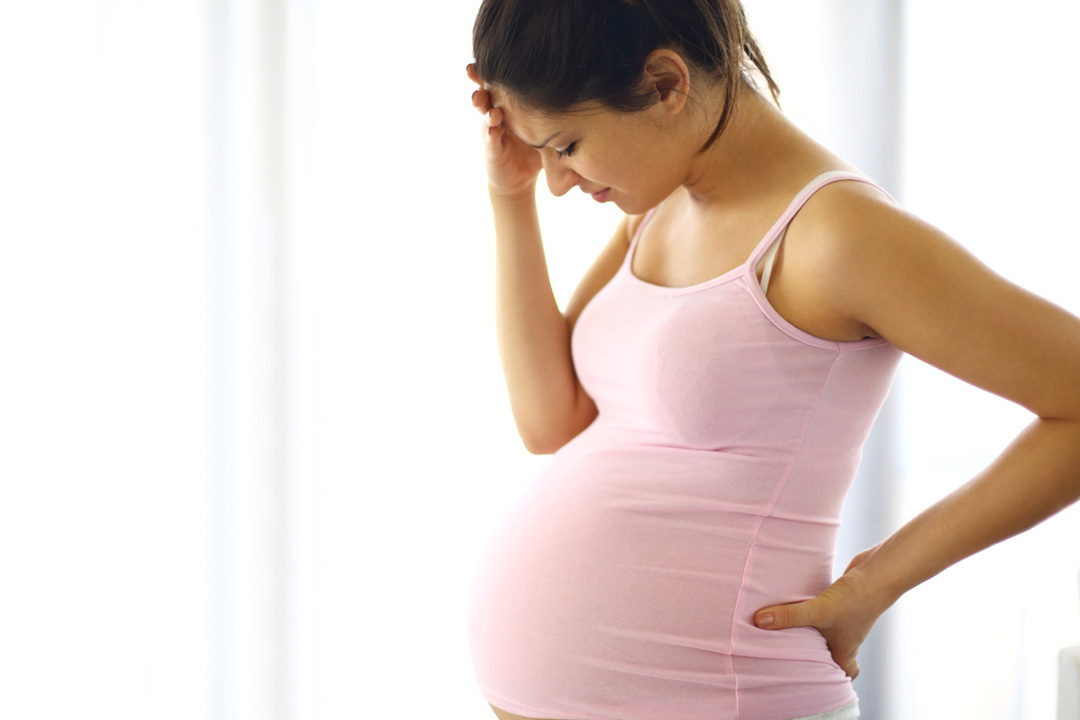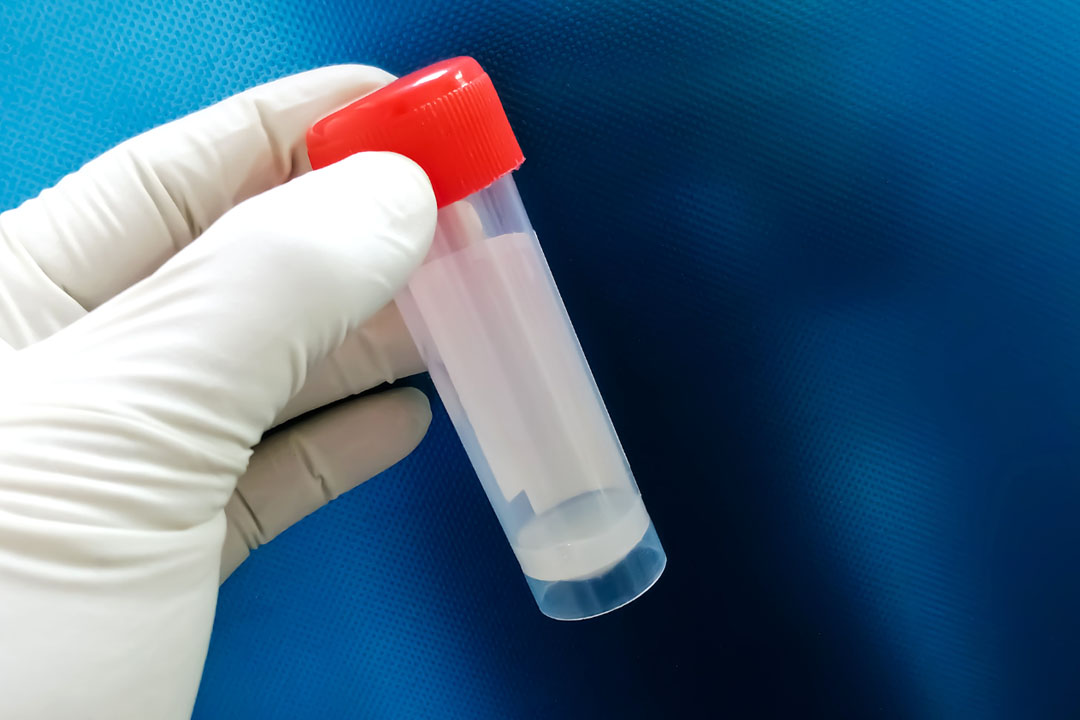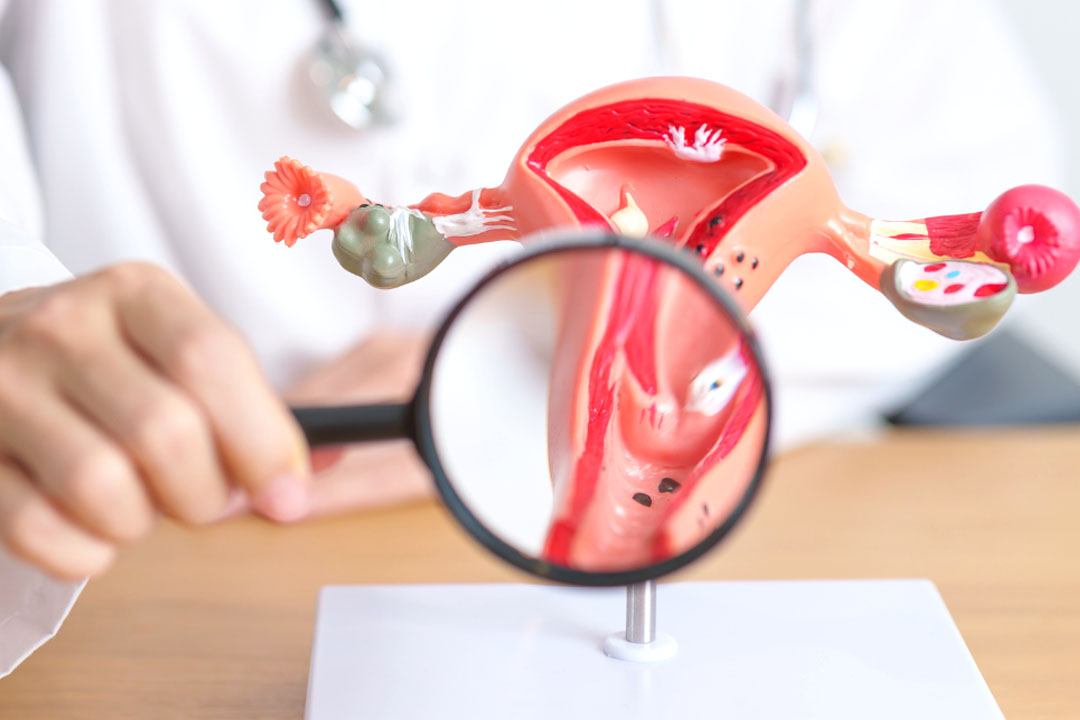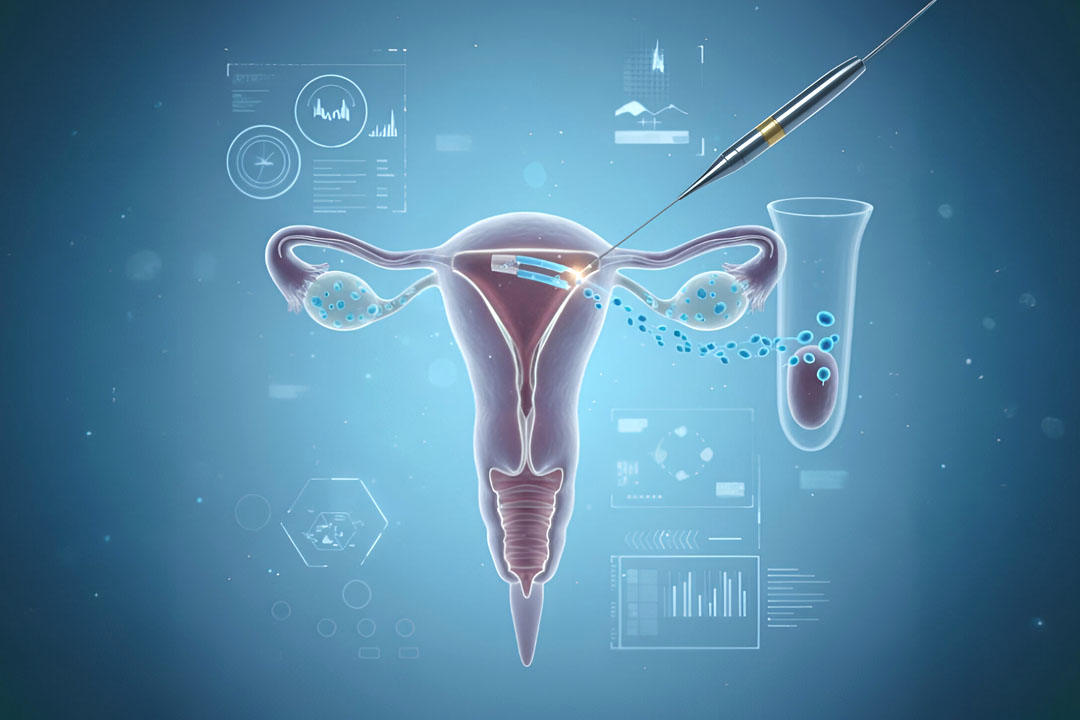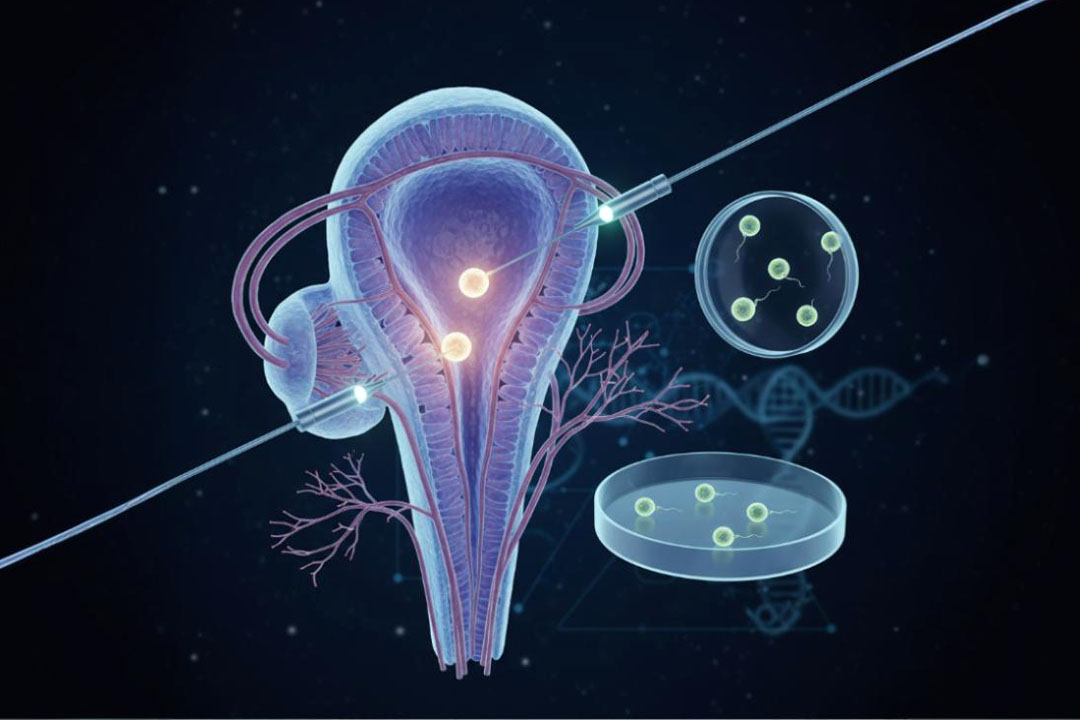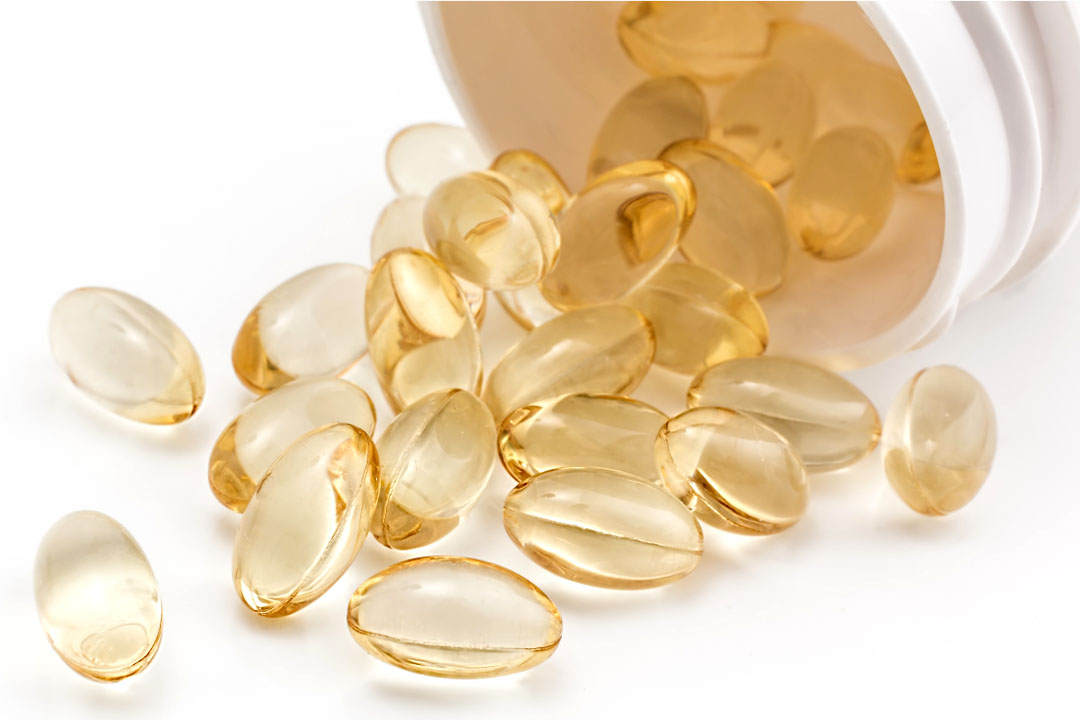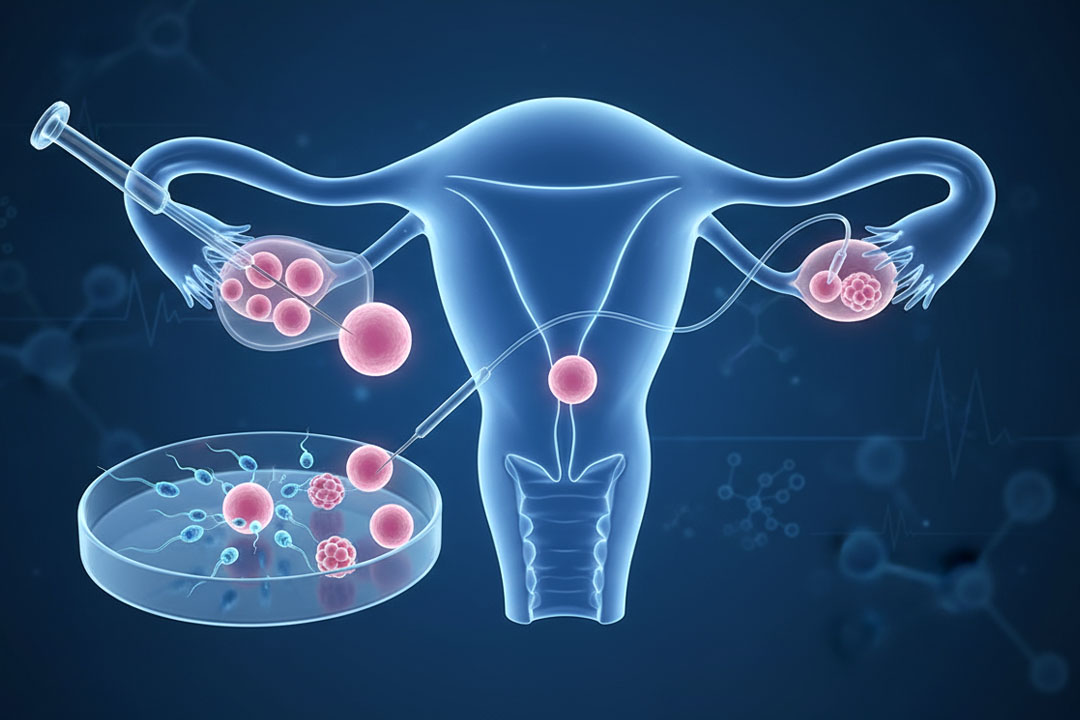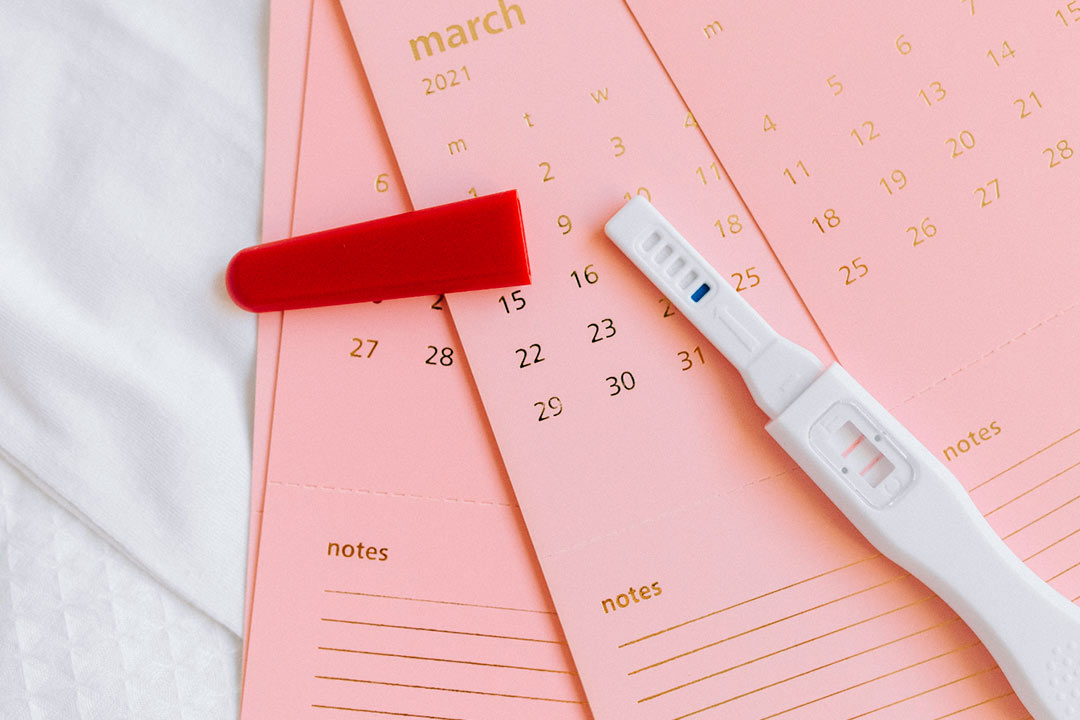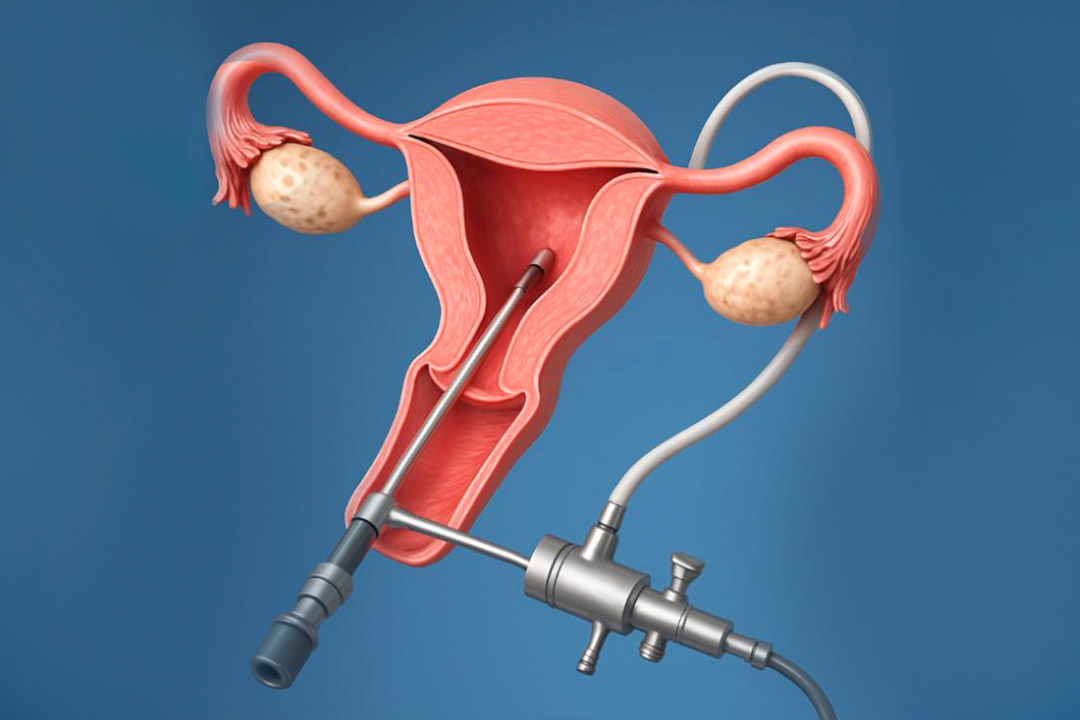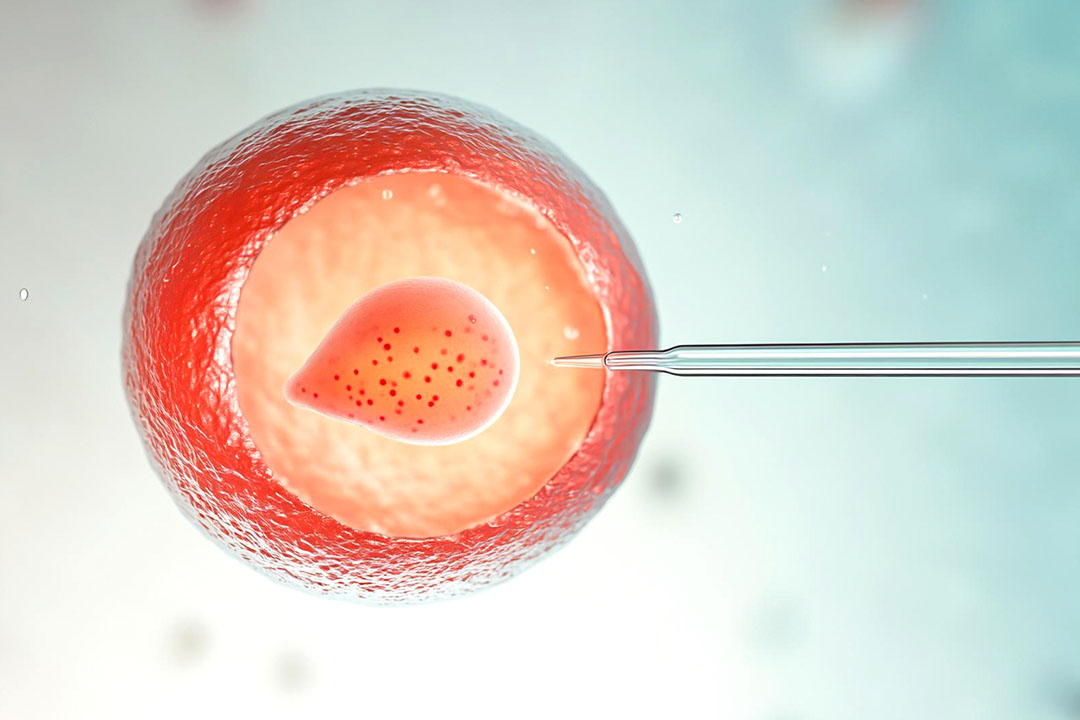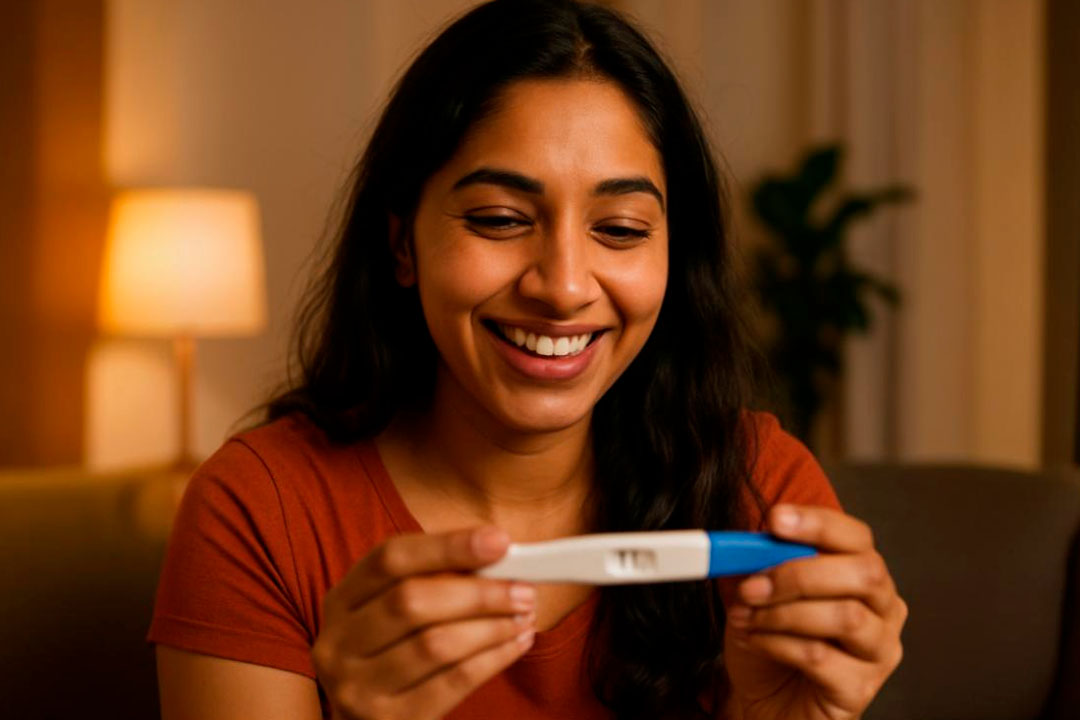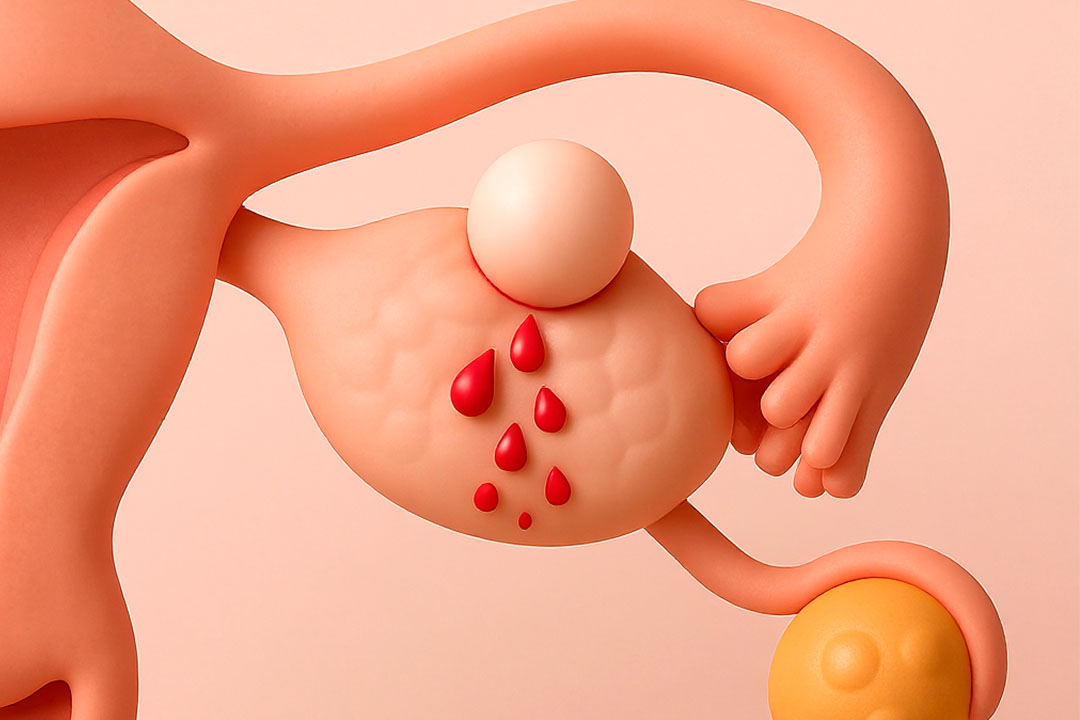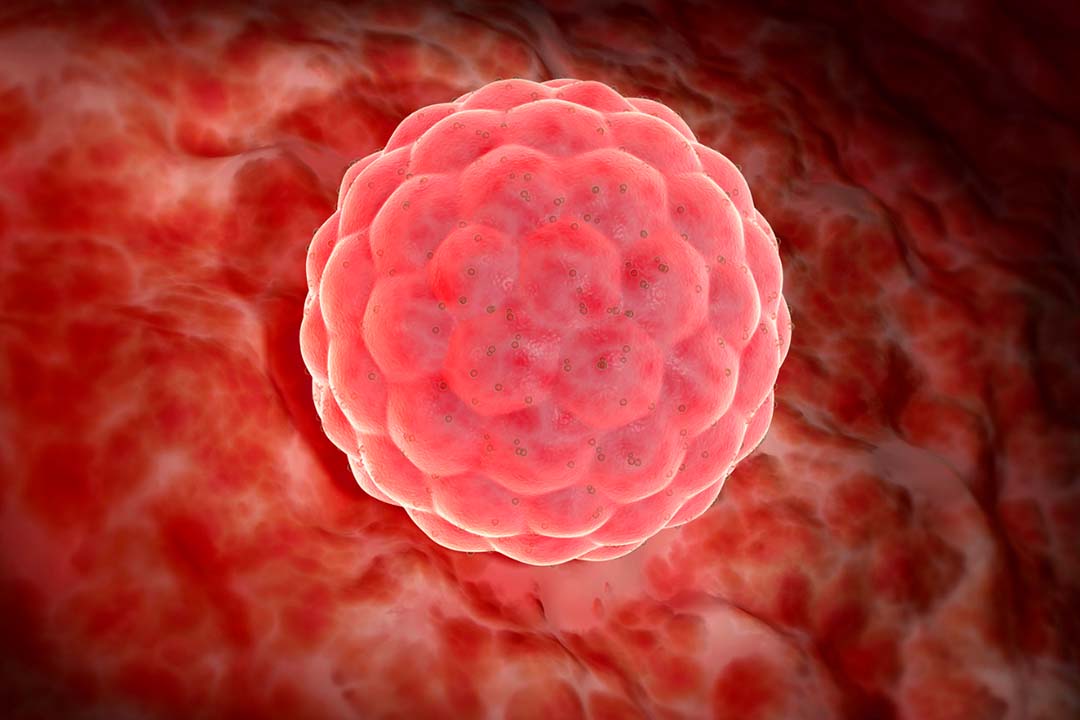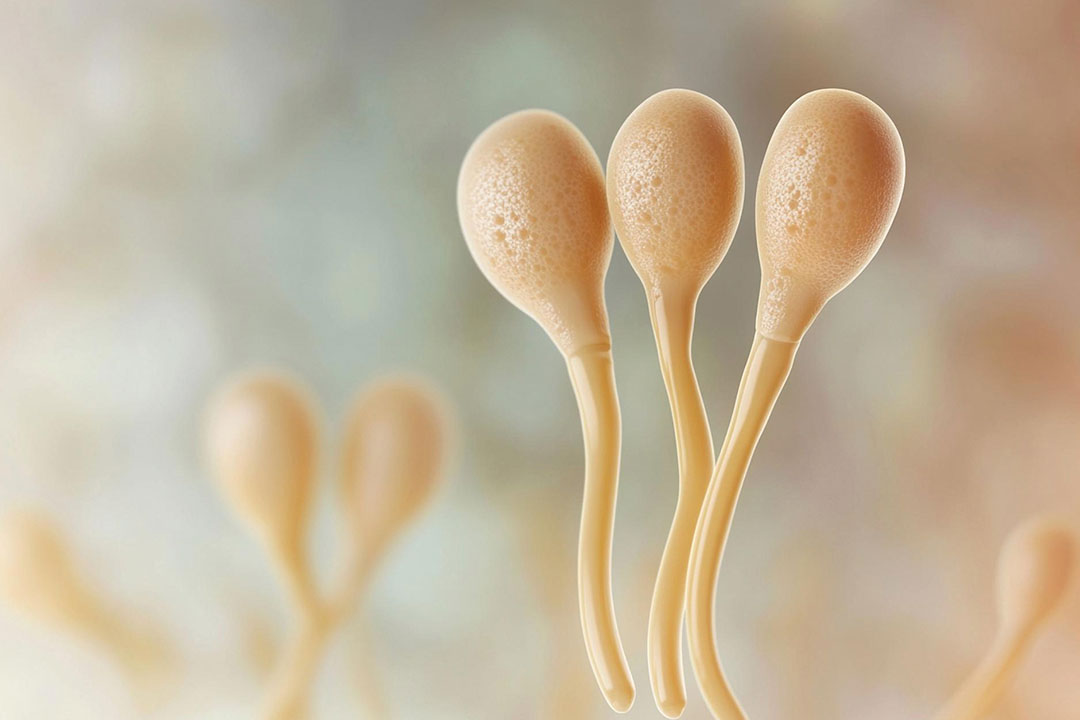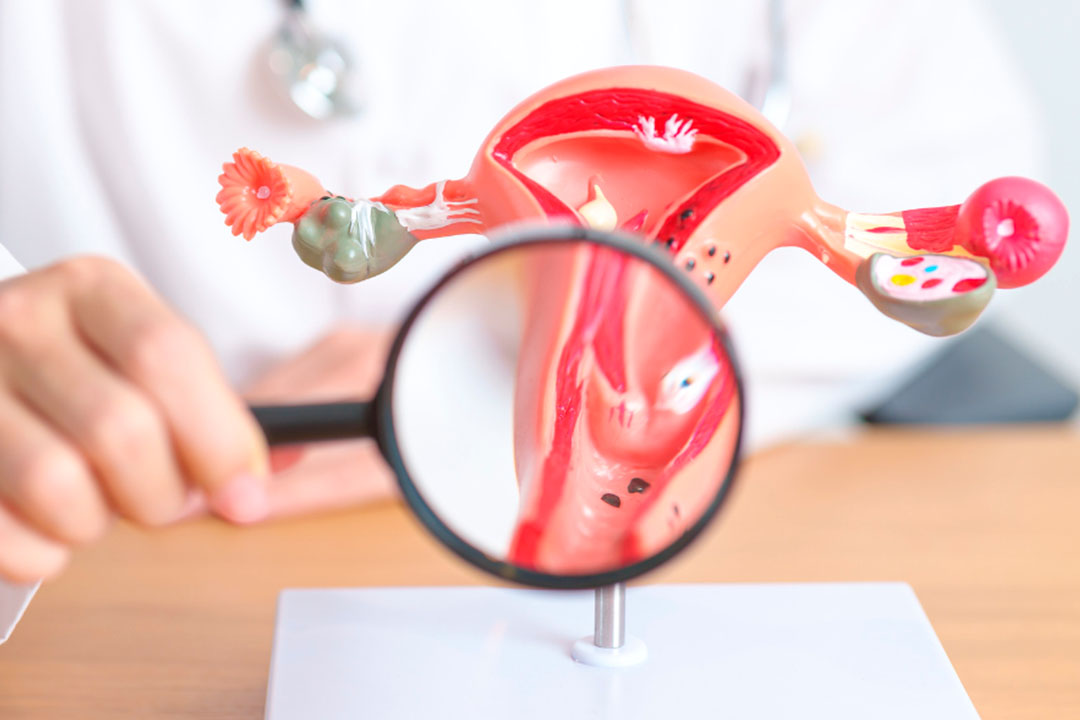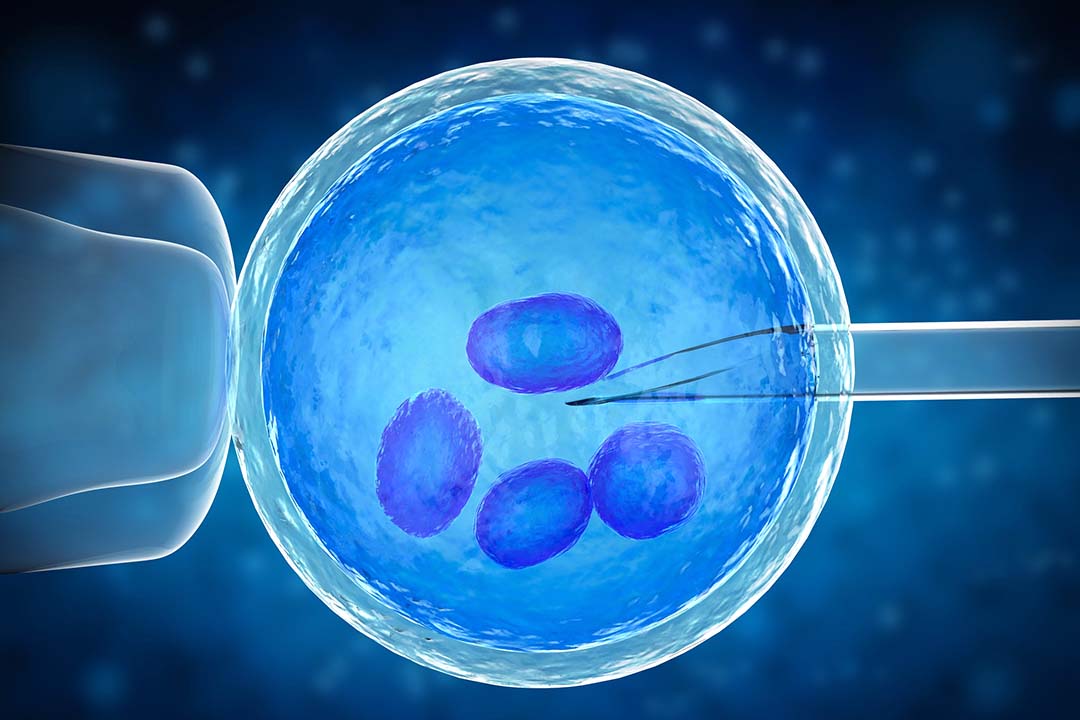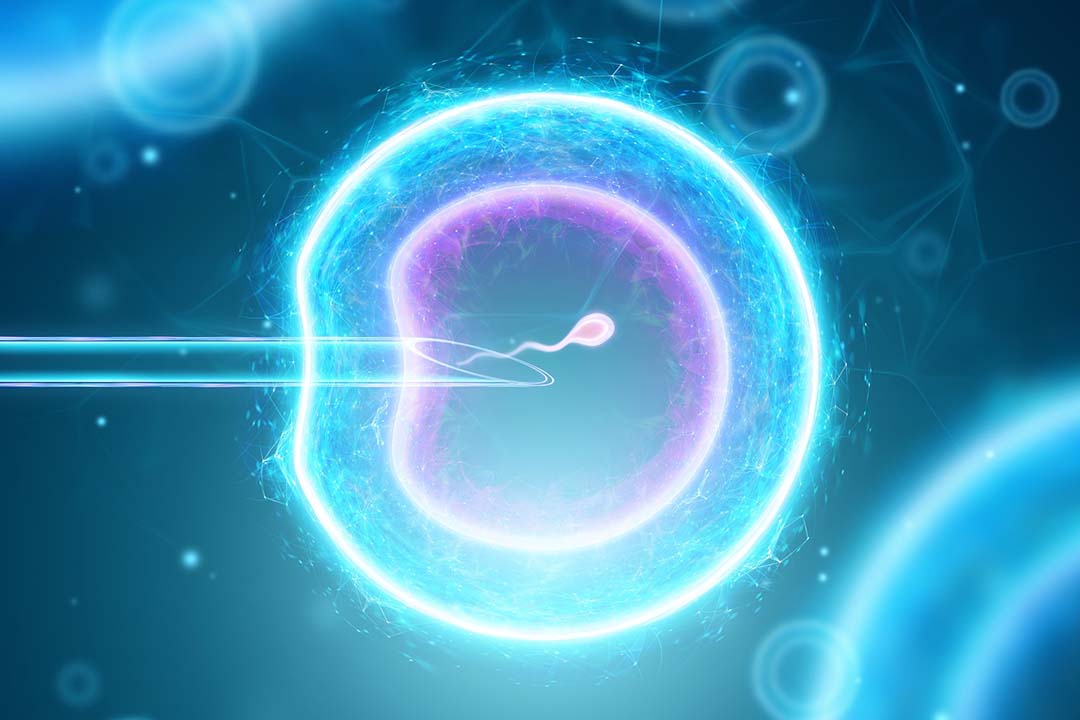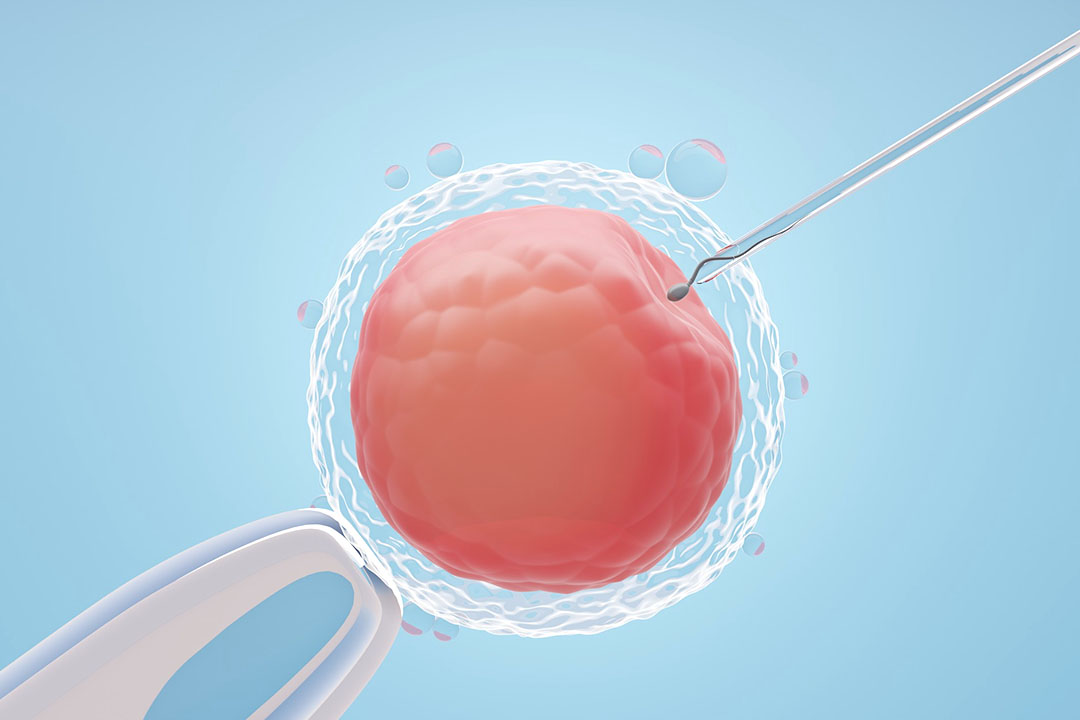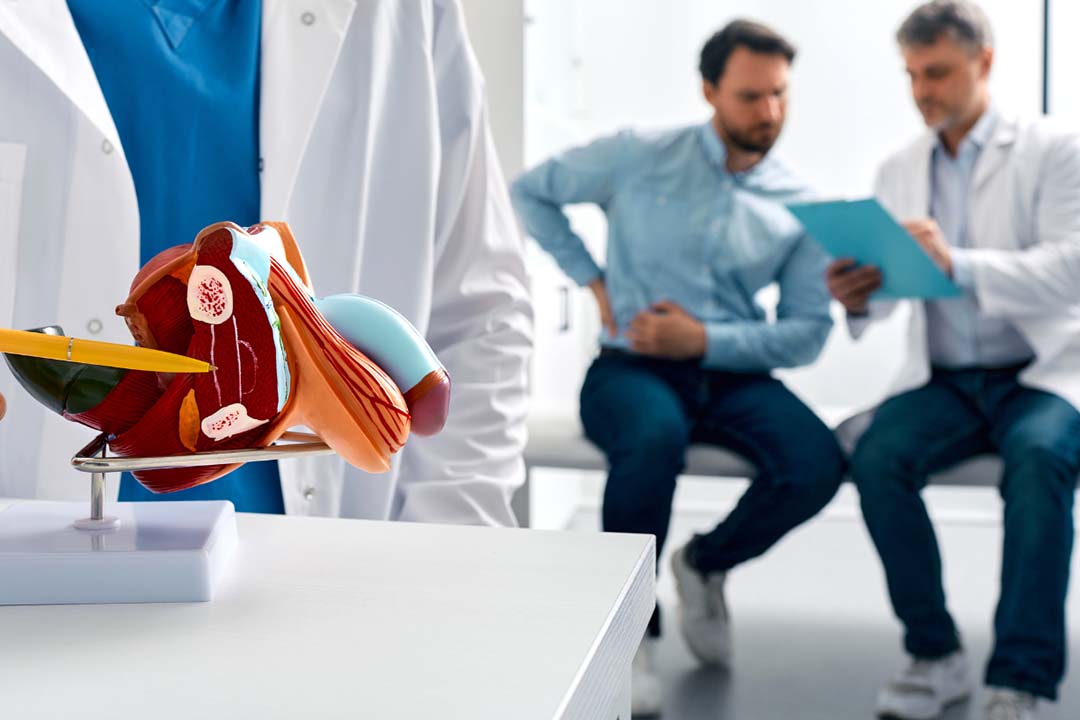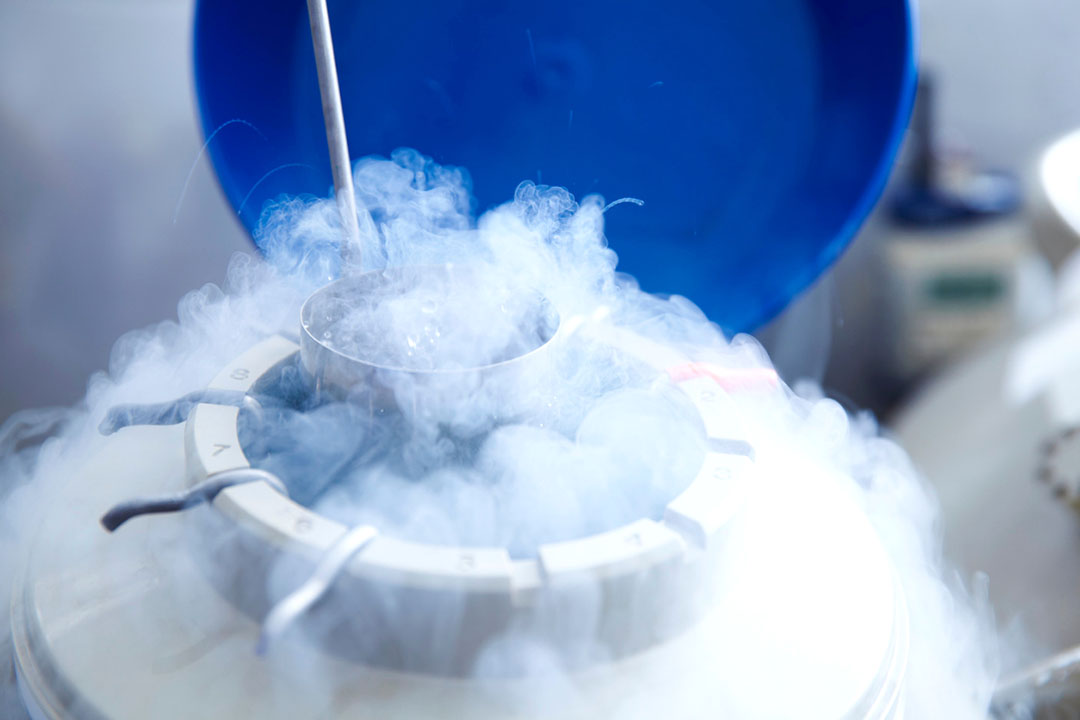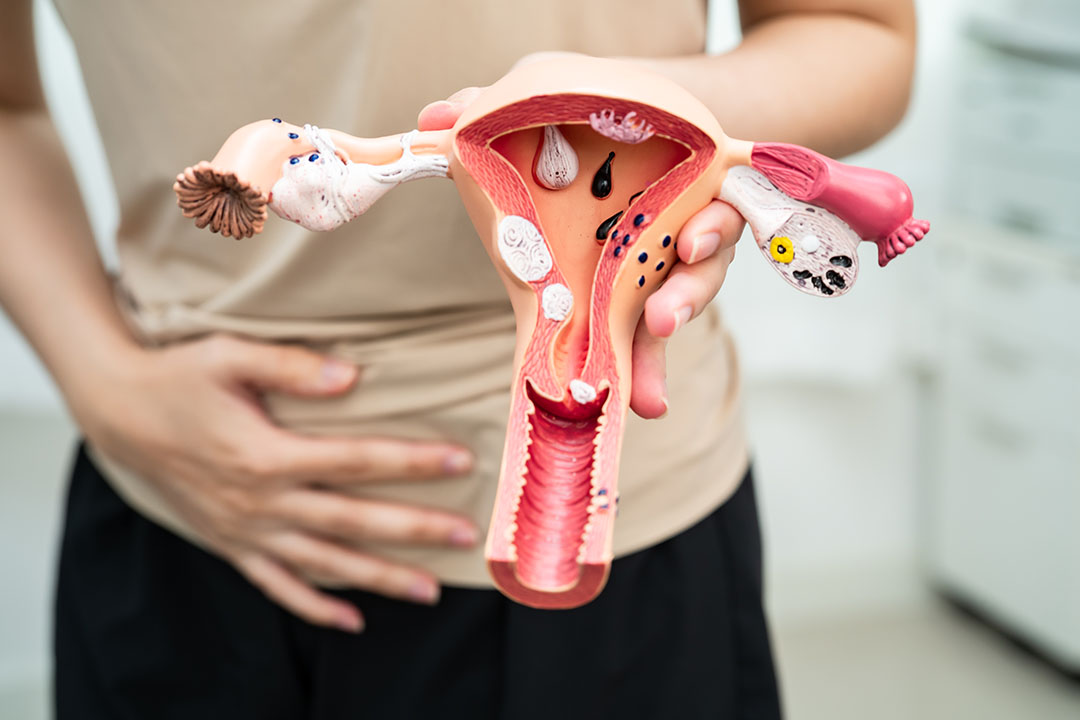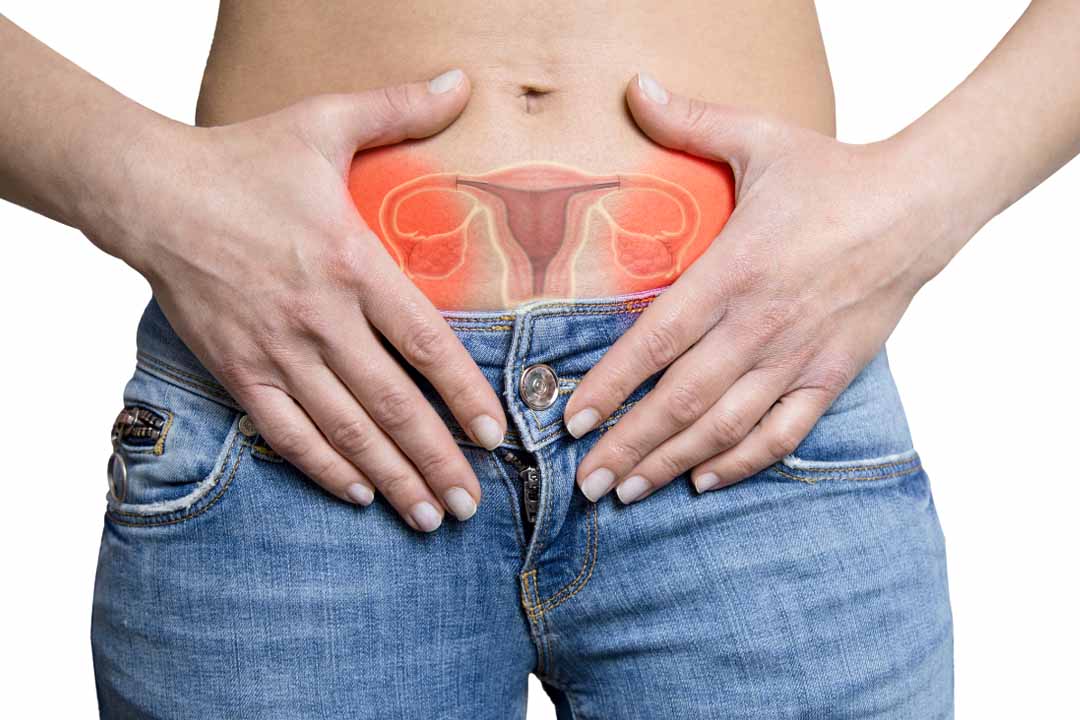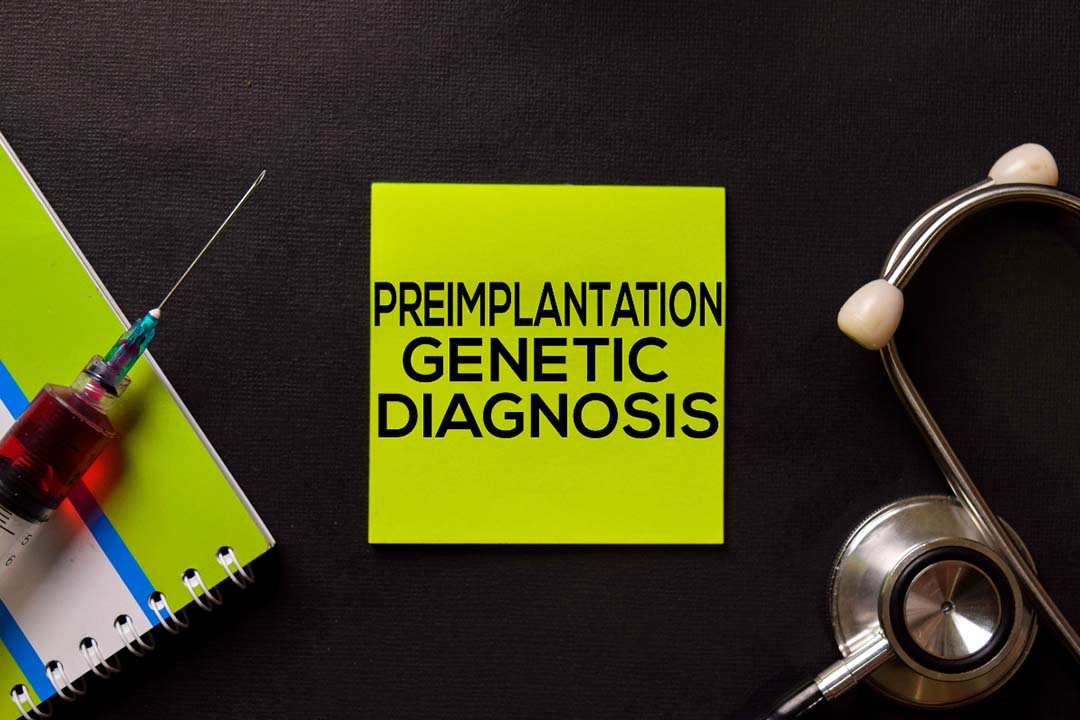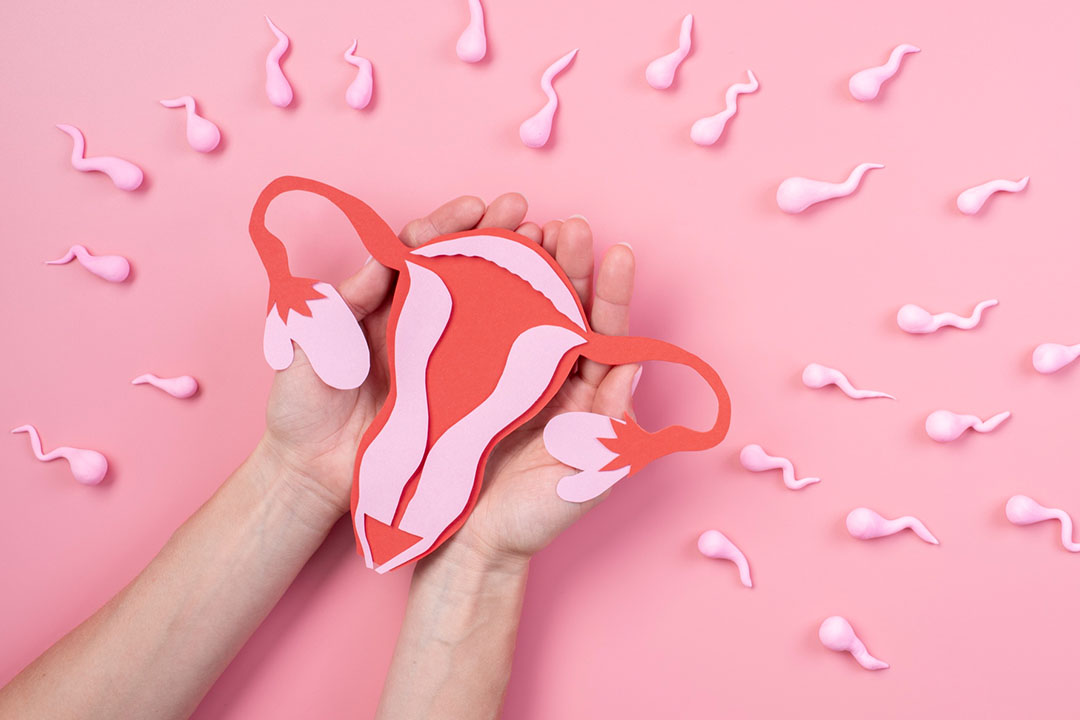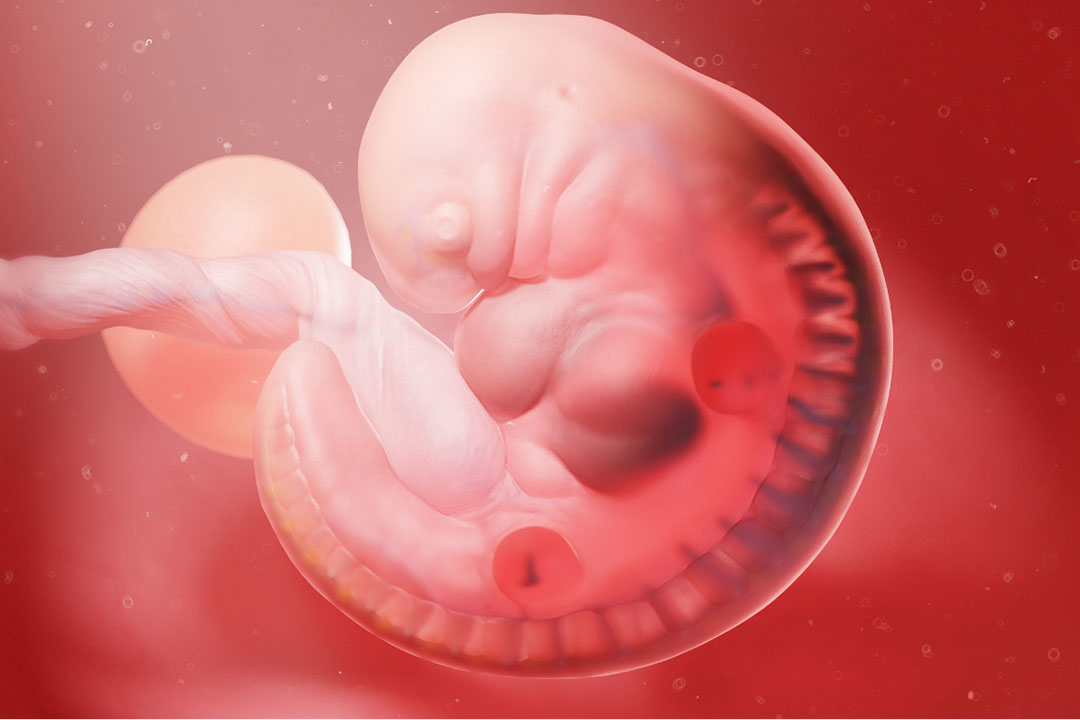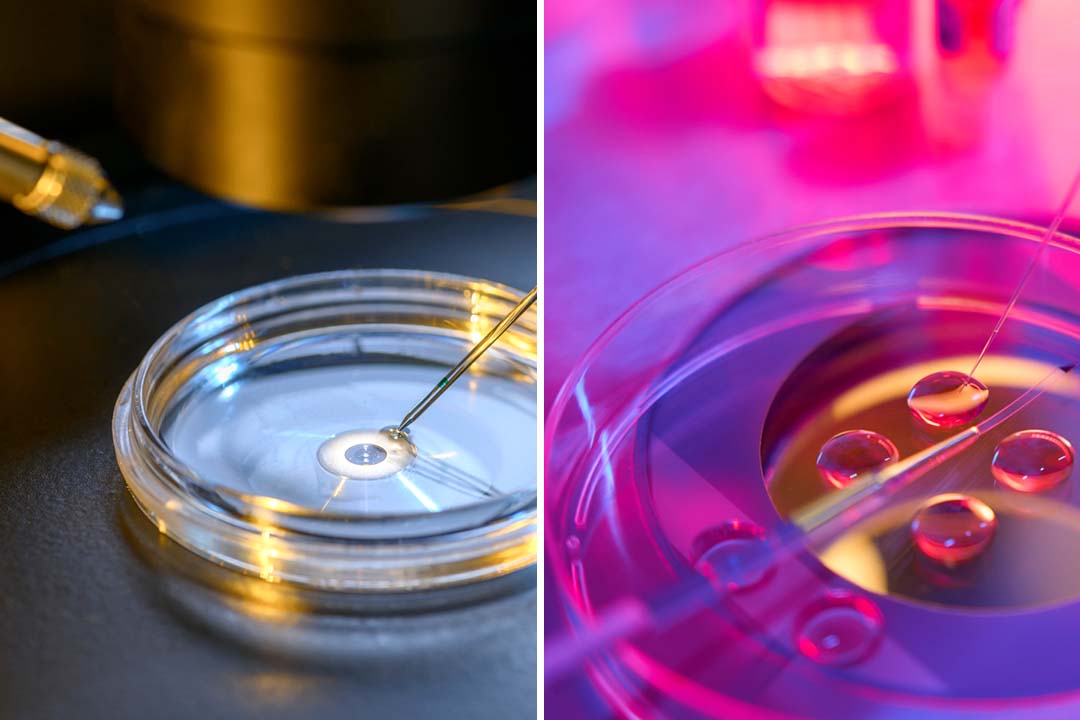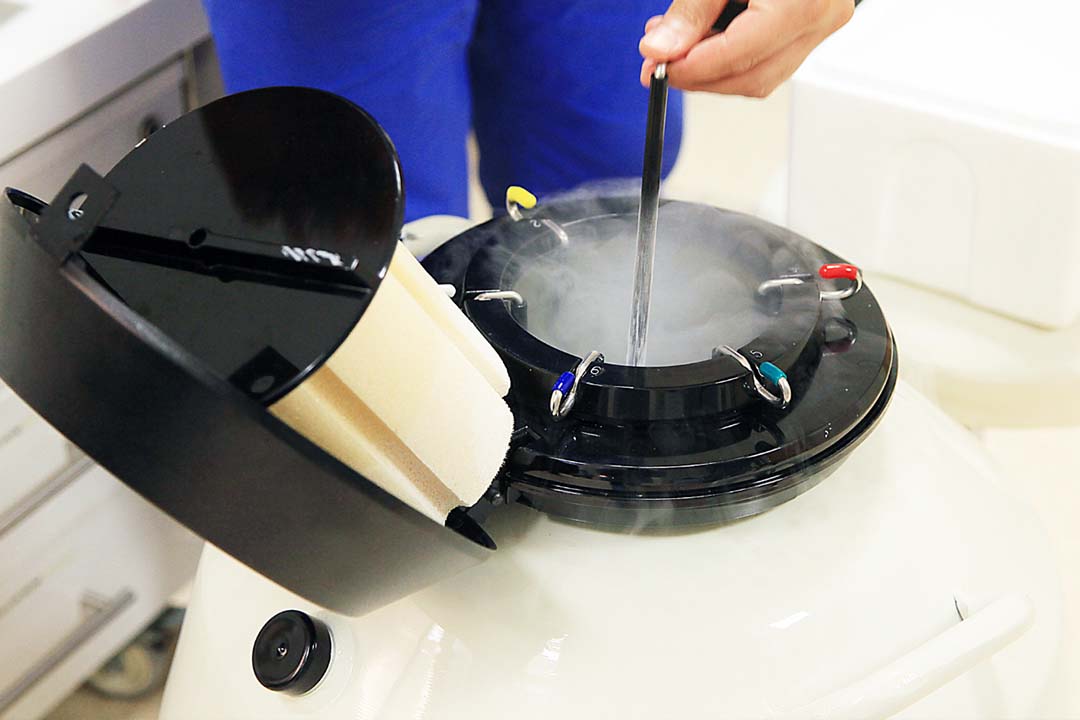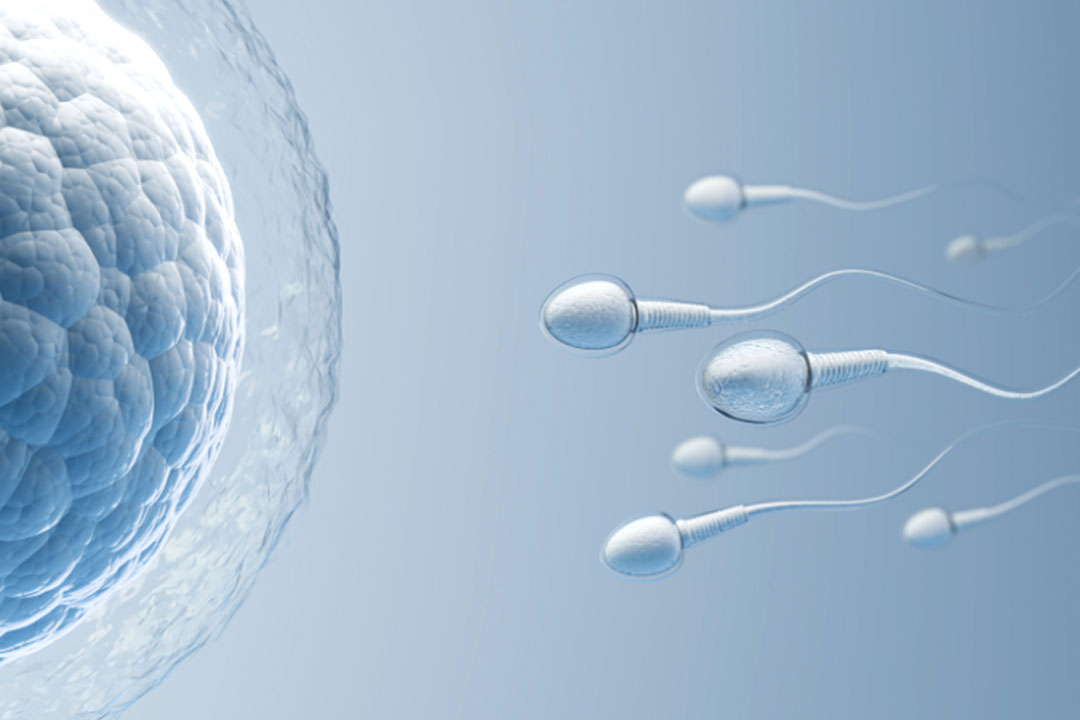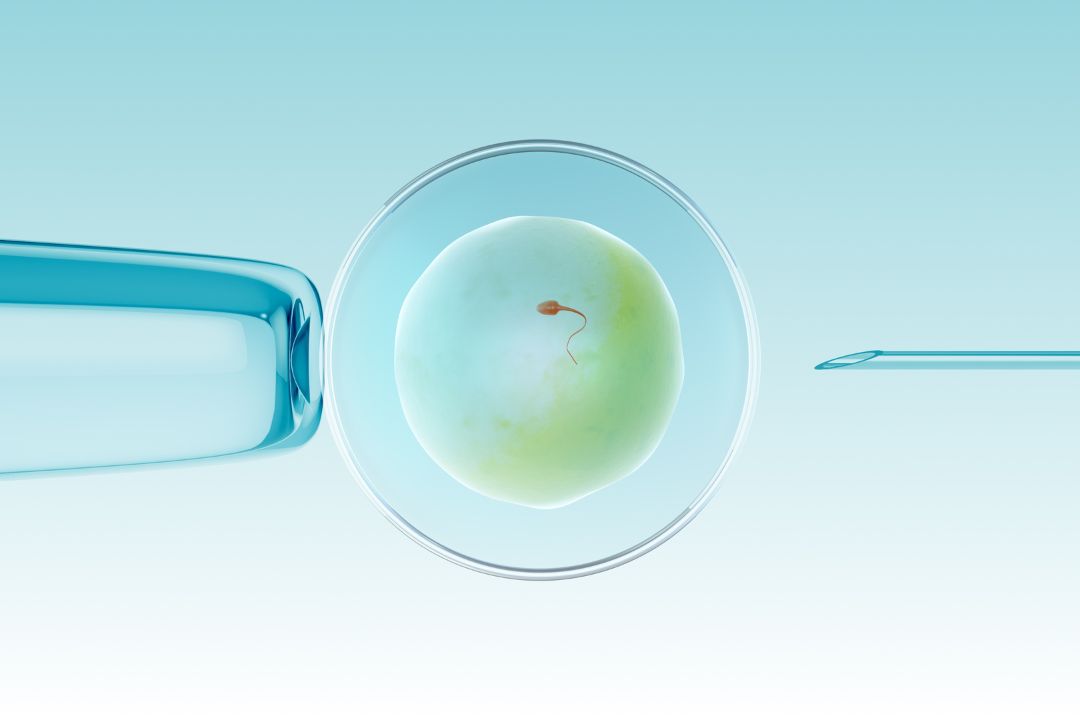Does Fasting Help Fertility? Everything You Need To Know
When you decide the time is right to welcome a child, every lifestyle habit plays an important role. Fasting or skipping meals for set hours or even entire days has been a part of old tradition and modern wellness hype.
Some claim it clears hormonal blocks to conception while others fear it starves the very system that sustains pregnancy. Both views hold a slice of truth. The effect of fasting depends on its style, length, and, most importantly, the person practising it.
In the sections ahead we’ll weigh the evidence, provide practical tips, and help you decide whether a gentle fast fits your fertility journey safely. Along the way, we will separate myths from facts, address common worries, and see where intermittent fasting PCOS fertility truly intersects.
What Exactly is Fasting, and Why Do We Link it to Fertility?
Fasting is a deliberate pause in eating that changes how your body uses energy, and those shifts can nudge reproductive hormones for better or worse. Fasting comes in many forms, some of the common examples are:
- Intermittent fasting (IF) limits meals to a daily eating window, 16 hours off, 8 hours on is common.
- Alternate-day fasting means a normal day followed by a 500-calorie day.
- Water fasting stretches liquid-only intake over several days.
- Faith-based fasts like Ramadan combine daylight abstinence with evening meals.
All versions lower insulin, raise fat-burning, and tweak stress hormones such as cortisol. Because sex hormones share the same feedback loops, anything that changes metabolism can ripple through fertility.
How Do Fasting-Driven Hormone Changes Show Up in Women?
Moderate fasting can act on excess insulin and androgens, yet severe fasting may suppress oestrogen and progesterone.
Insulin drops tell ovaries to make less testosterone which is good news for polycystic ovary syndrome (PCOS).
But prolonged calorie gaps lower leptin and kisspeptin, messengers that signal the brain “energy is plentiful.” When they dip, the hypothalamus slows gonadotropin-releasing hormone, leading to irregular cycles or missed periods.
Does Intermittent Fasting Increase Fertility in Women With PCOS?
Yes, provided the fasting window is modest and calories stay adequate. Losing just 5 % of body weight can restart ovulation in many women with PCOS. Intermittent fasting provides structure without obsessive counting.
By eating within an eight-to-ten-hour window, late-night snacking fades and insulin sensitivity often improves within weeks. Ovulation can resume by the third cycle. Push the fast too long, though, and deficits flip the benefit into hormone shutdown.
Can Fasting Harm Female Fertility?
Yes, when energy deficits outpace needs, cycles can stop. Energy gaps as small as 300 kcal per day have triggered hypothalamic amenorrhoea in athletes. Extended juice cleanses or extreme alternate-day plans quickly reach that zone.
Warning signs include cycles longer than 35 days, cold hands, hair loss, or disrupted sleep. These are your cues to shorten the fast or add more nutrient-dense food.
Does Fasting Benefit Male Fertility?
Moderate time-restricted eating can boost metabolic health and indirectly aid sperm quality. Obesity and high insulin hurt sperm count, motility, and DNA integrity. It helps shed visceral fat, lowers glucose, and reduces oxidative stress.
Small trials show higher testosterone-to-oestrogen ratios after eight weeks of 16:8 IF plus resistance training.
When Does Fasting Become Risky for Male Fertility?
Extended water fasts or very-low-calorie diets longer than a week drag testosterone down. Testosterone production needs cholesterol, vitamin D, zinc, and energy.
Severe deficits cut luteinising hormone pulses within 24 hours, reducing testosterone, libido, and sperm output. Fatigue or fewer morning erections are red flags to ease dietary restraint.
Can Water Fasting Help Fertility?
For most people, no as benefits are unproven and risks are higher. Rapid weight loss is mostly water and glycogen; cortisol spikes and electrolytes become unbalanced.
Women may skip ovulation, men see testosterone dip, and refeeding syndrome lurks if solids return too fast. Balanced IF is safer.
How Should You Fast If You are Trying to Conceive?
Fasting should be done in a moderate way, some helpful tips may include:
- Choose gentle overnight fasting, keep nutrients high, and listen to your body.
- Limit fasts to 12–14 hours.
- Eat three balanced meals rich in protein, colourful produce, whole grains, and healthy fats.
- Hydrate with water or herbal teas.
- Prioritise iron, folate, vitamin D, omega-3s, and zinc.
- Track cycles or semen tests; revert if trends worsen.
Can You Keep Fasting During Fertility Treatment?
Pause strict fasting during IUI, IVF, or ovulation induction. Medications boost metabolic demand; stable meal patterns steady blood sugar and hormone synthesis. A 12-hour overnight fast is usually safe, but always clear plans with your clinic first.
Can I Eat Spicy Food After IUI?
Yes, moderate spice is fine unless it upsets your stomach. Spices such as turmeric provide antioxidants. If hot chilli causes cramps or reflux, dial back heat; otherwise, enjoy.
How Does Intermittent Fasting, PCOS, and Fertility Intersect?
Thoughtful IF lowers insulin and androgens, boosting ovulation in PCOS. Eight weeks of a 14-hour fasting window plus whole foods can cut fasting insulin 20 % and free testosterone 15 %.
Calories (about 1 800–2 100 for many women) must stay sufficient for leptin and progesterone. Apply them like tools, tweaking each one as your body and lab results respond.
What Practical Meal Ideas Work Within a Fertility-Friendly Fast?
Focus on nutrient density and balanced macros.
- Break-fast smoothie (10 am): spinach, Greek yogurt, berries, flaxseed, plant protein.
- Main meal (2 pm): grilled salmon, quinoa, roasted veggies, olive oil.
- Light supper (5 pm): lentil soup with carrot, celery, turmeric, whole-grain toast.
- Snacks: walnuts or apple with almond butter. This line-up supplies complete protein, slow carbs, and omega-3s.
If you crave sweetness after dinner, frozen grapes or a square of dark chocolate with peanuts satisfy without a sugar spike. Keep a bottle of water handy to prevent dehydration.
Frequently Asked Questions
Does intermittent fasting increase fertility fast?
Improvements may appear within three to six months, but monitor cycles or semen tests to be sure.
Can water fasting speed things up?
Rapid water fasts usually harm hormones more than help. Choose gentler methods.
My periods lengthen on 16:8 Intermittent Fasting—should I stop?
Yes. Shorten to 12 hours and eat more until cycles normalise.
Can men safely fast when trying for a baby?
A 12–14-hour window with adequate protein aids sperm; extreme low-cal diets suppress testosterone.
Will spicy food after IUI harm implantation?
No evidence suggests moderate spice hurts implantation—comfort is your main guide.
Are herbal teas allowed during a fast?
Unsweetened teas are fine; just avoid large doses of liquorice or sage.
Conclusion
Fasting and fertility can indeed walk together, but only when the pace suits your body’s needs. Light, time-restricted eating trims weight, steadies insulin, and can restart ovulation in PCOS while supporting healthier sperm in men.
Yet the same practice, pushed to extremes, can silence reproductive hormones and stall conception. The solution is balance: choose a mild fasting window when fasting for fertility, nourish yourself with whole foods, keep an eye on how you feel, and adjust if needed.
Small daily habits like seven hours of sleep, a brisk walk, and a stress-reduction practice—amplify fasting’s benefits and safeguard hormone balance. Add a prenatal vitamin and cap alcohol to protect egg and sperm.
We each carry genes and stress loads, so what helps one person’s cycle might interrupt another’s. If in doubt, seek personalised guidance from a registered dietitian or reproductive endocrinologist.
By pairing evidence-based nutrition with movement, you give your child the healthiest possible starting line and lasting wellbeing.
About Us
AKsigen IVF is a premier center for advanced fertility treatments, with renowned fertility experts on our team. Specializing in IVF, ICSI, egg freezing, and other cutting-edge reproductive technologies, AKsigen IVF is committed to helping couples achieve their dream of parenthood. With personalized care and a patient-first approach, AKsigen IVF provides comprehensive fertility solutions under one roof.





